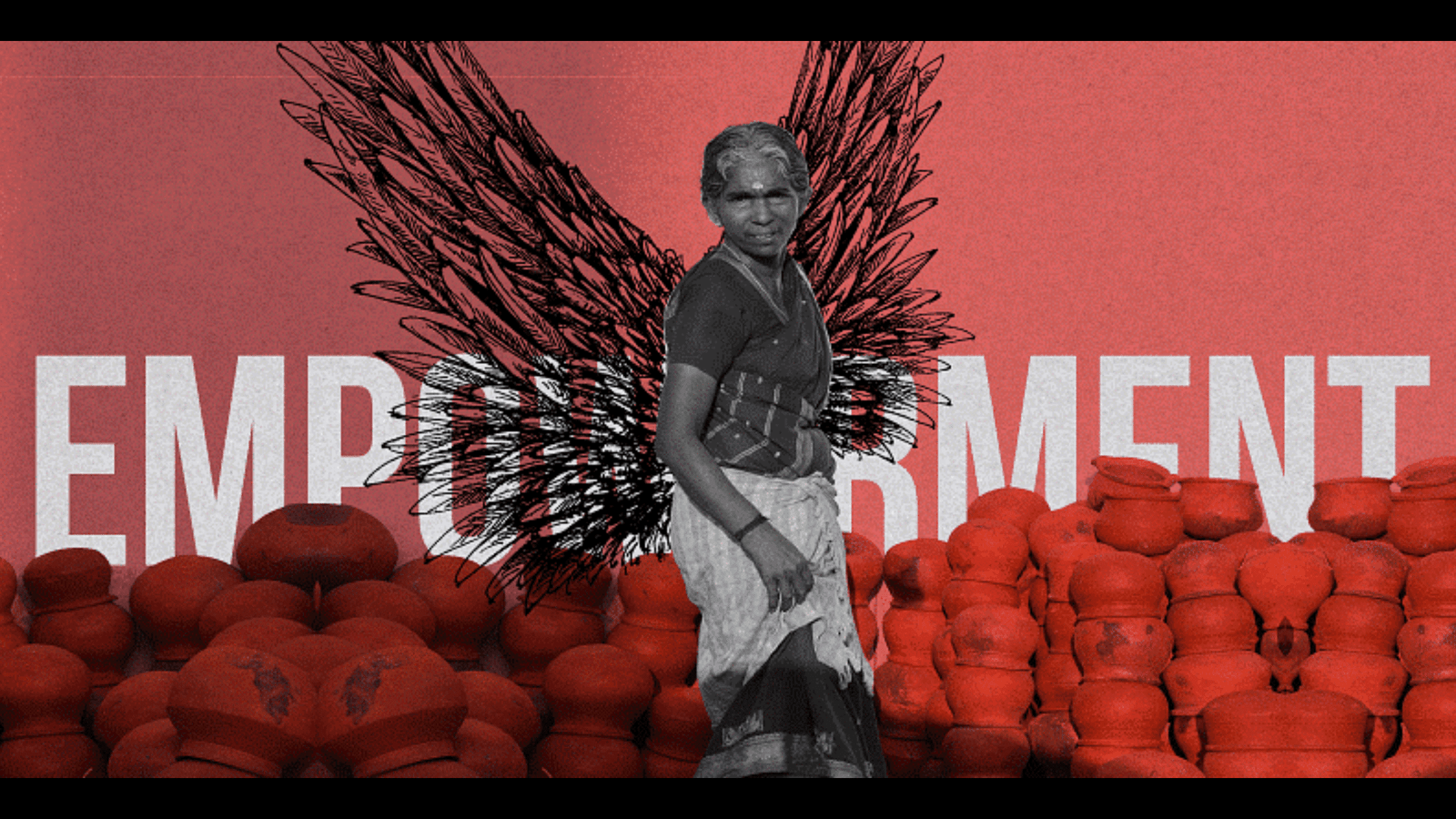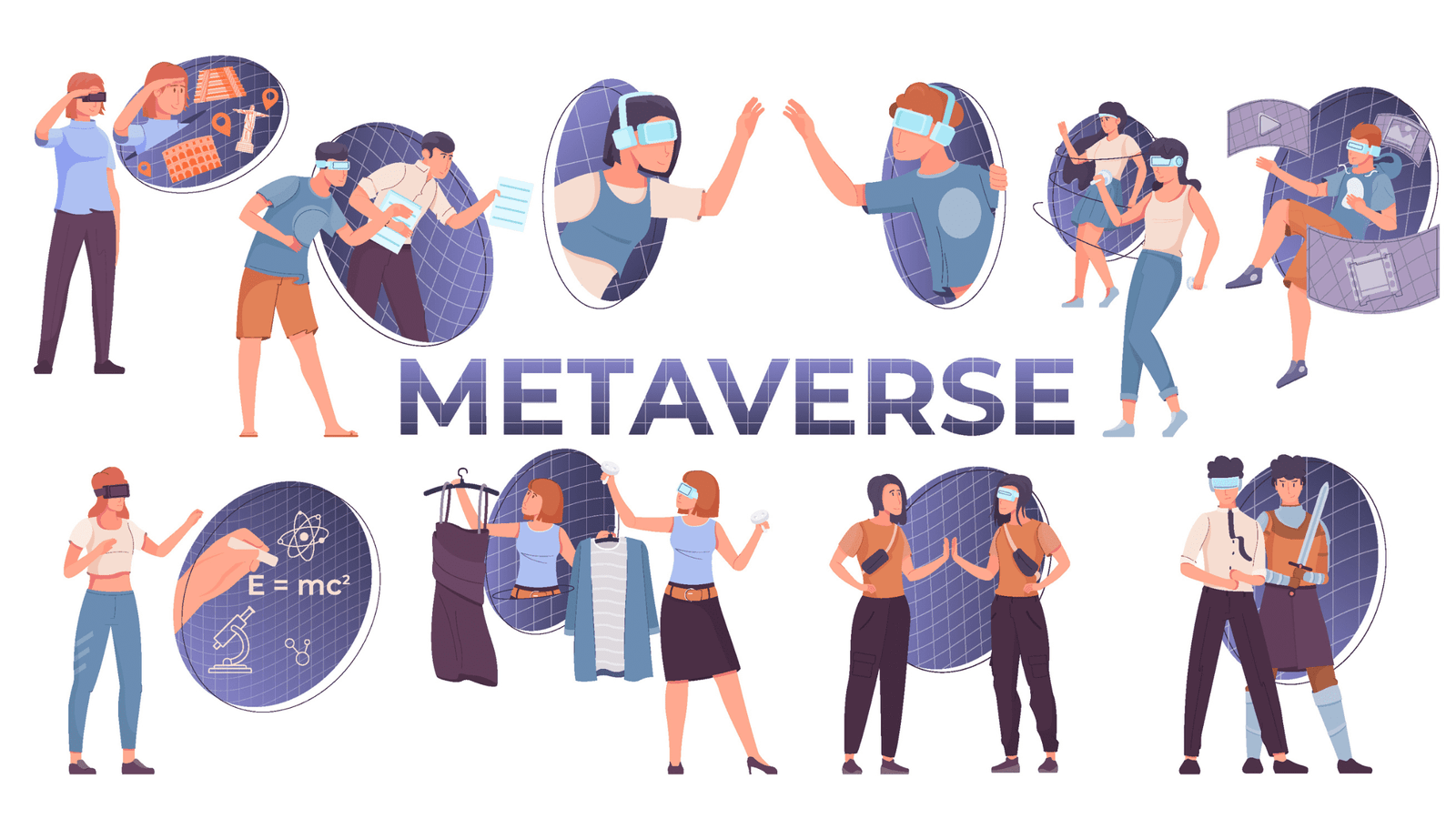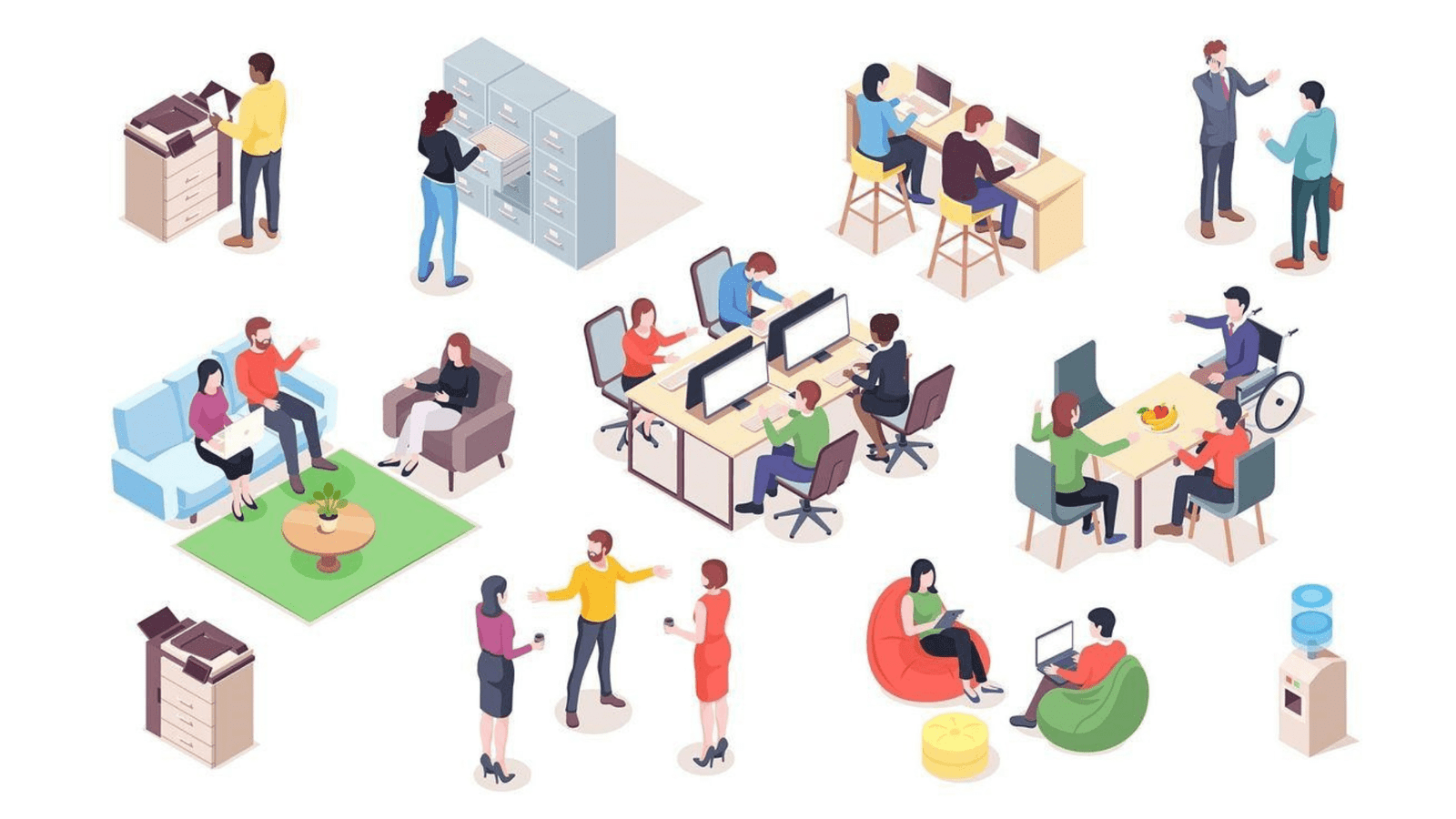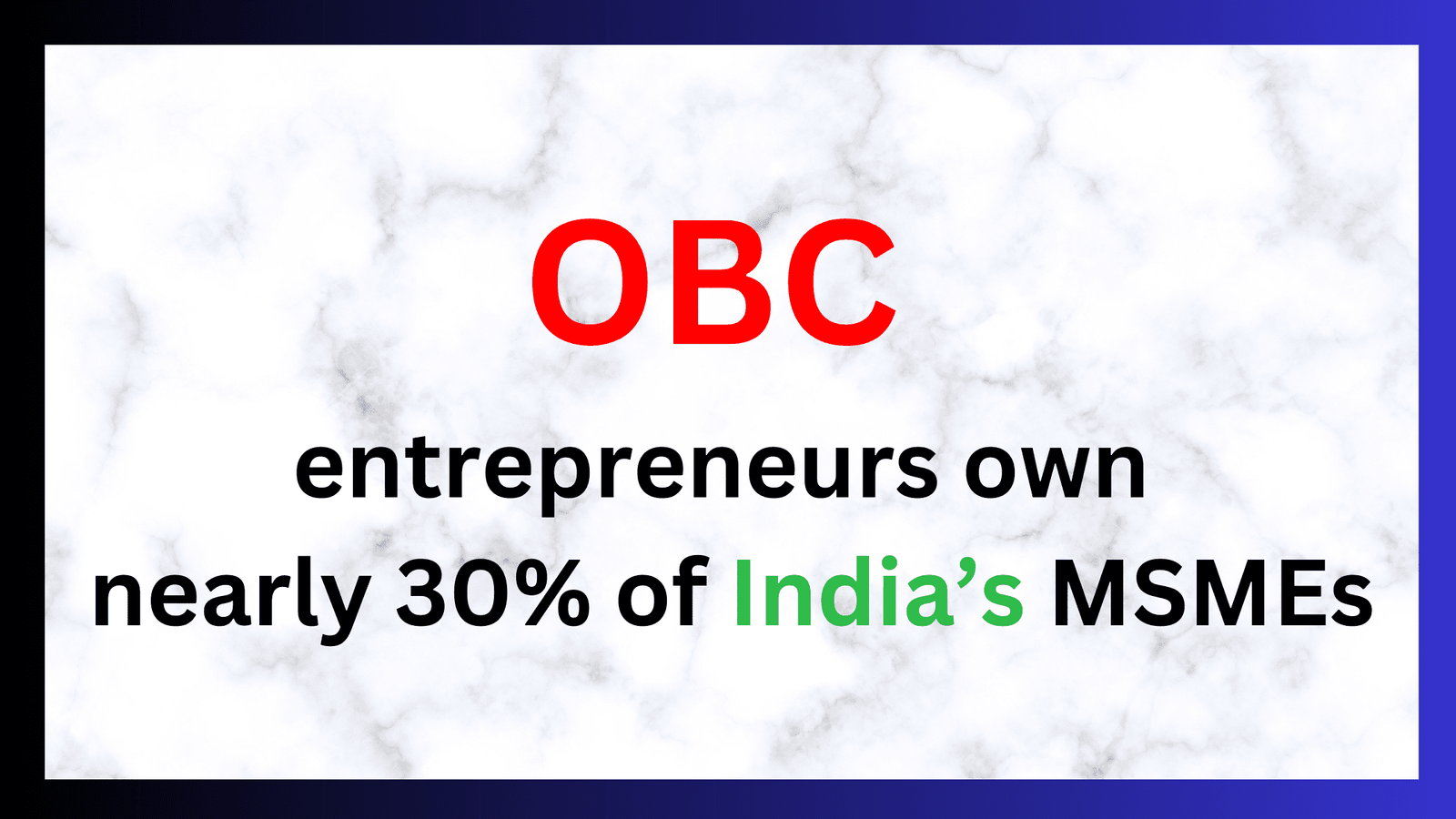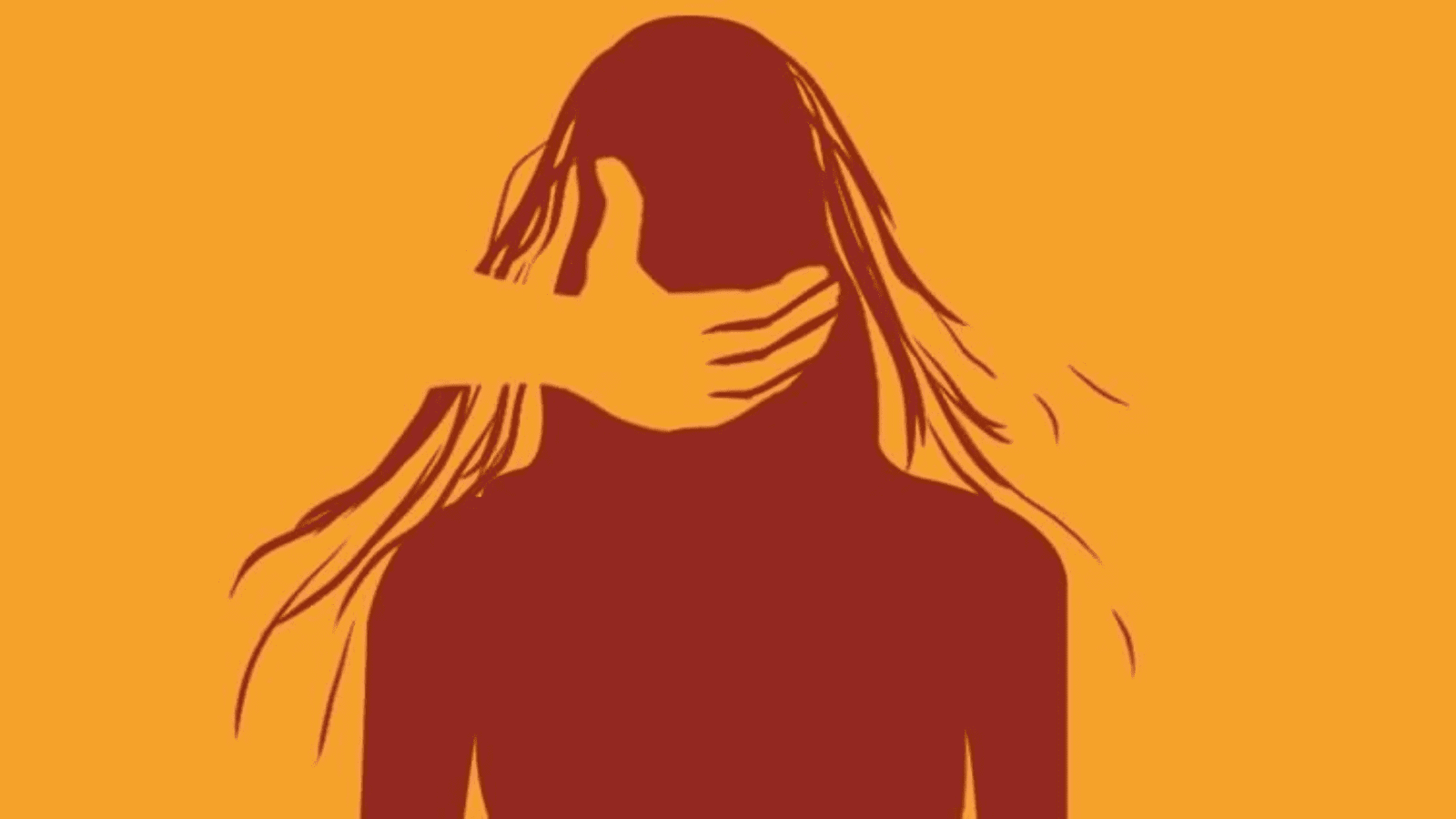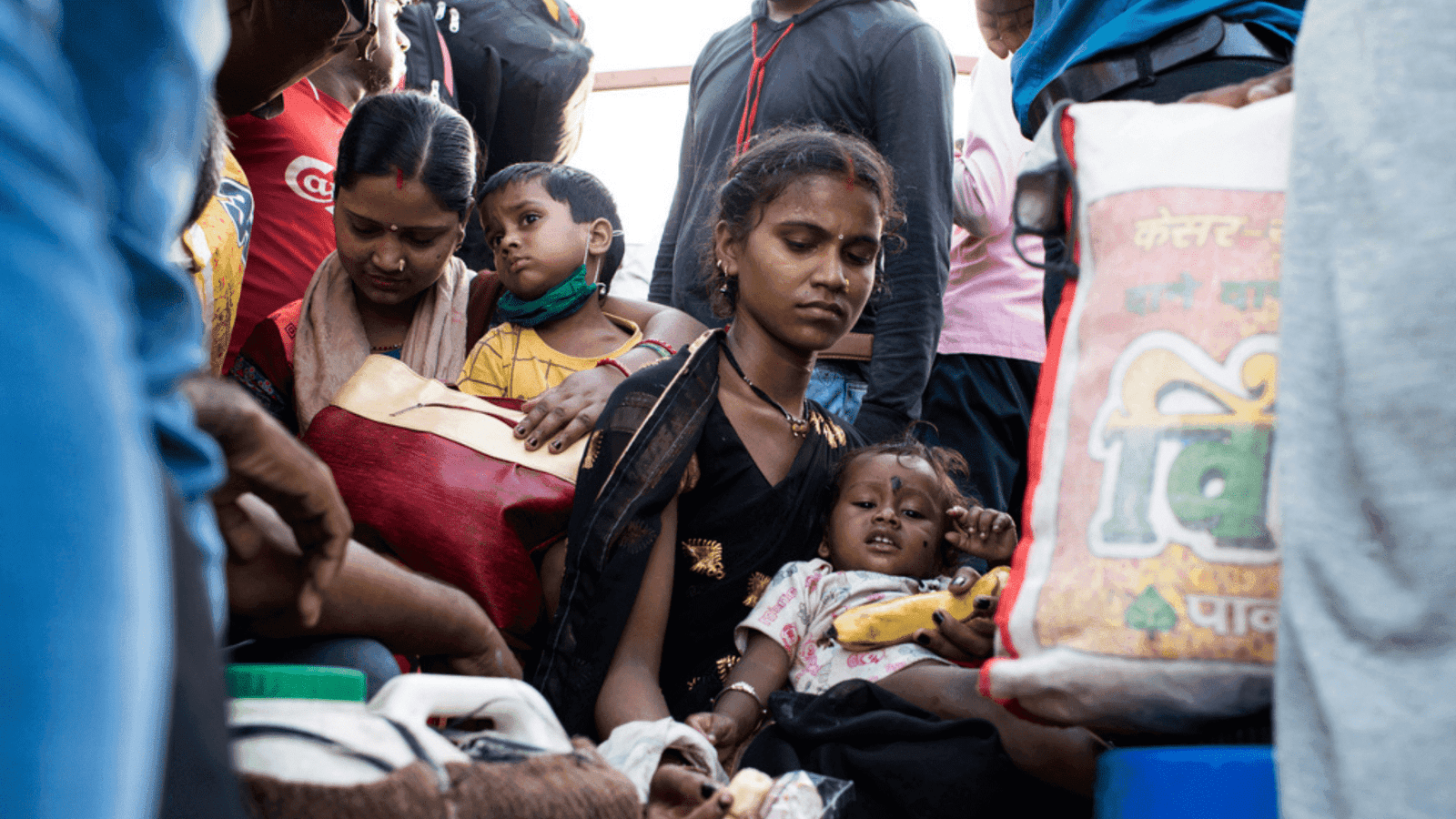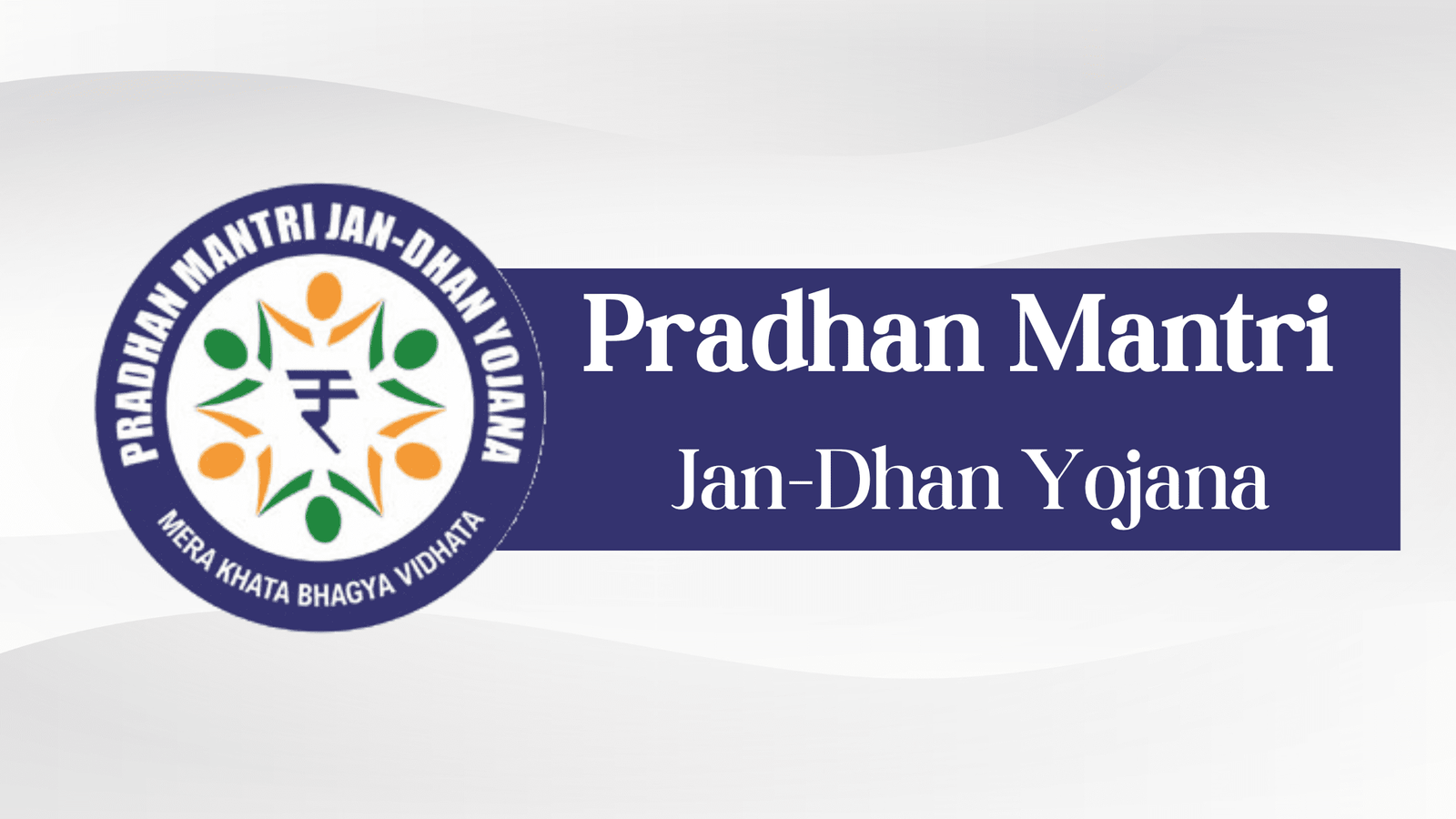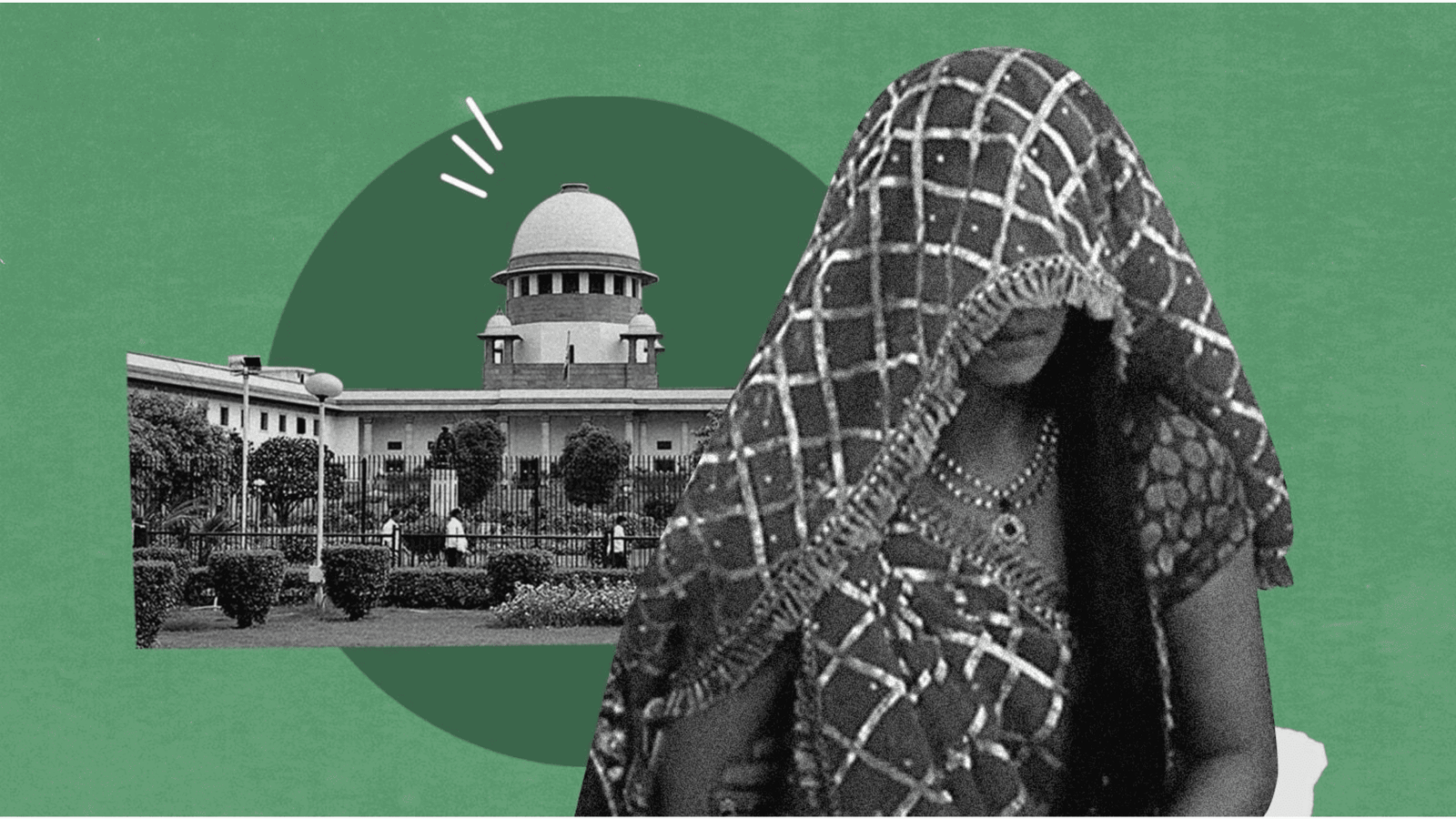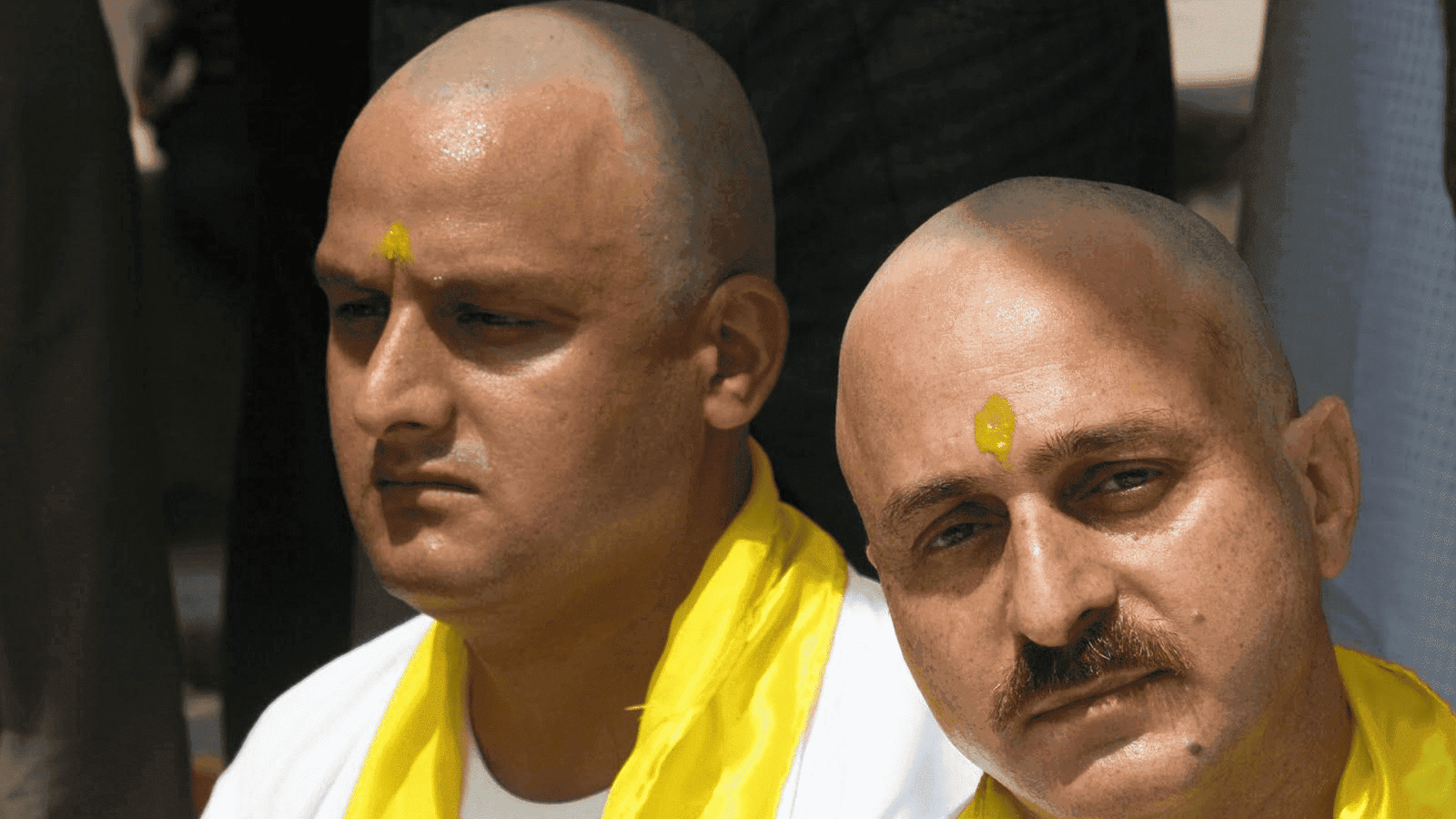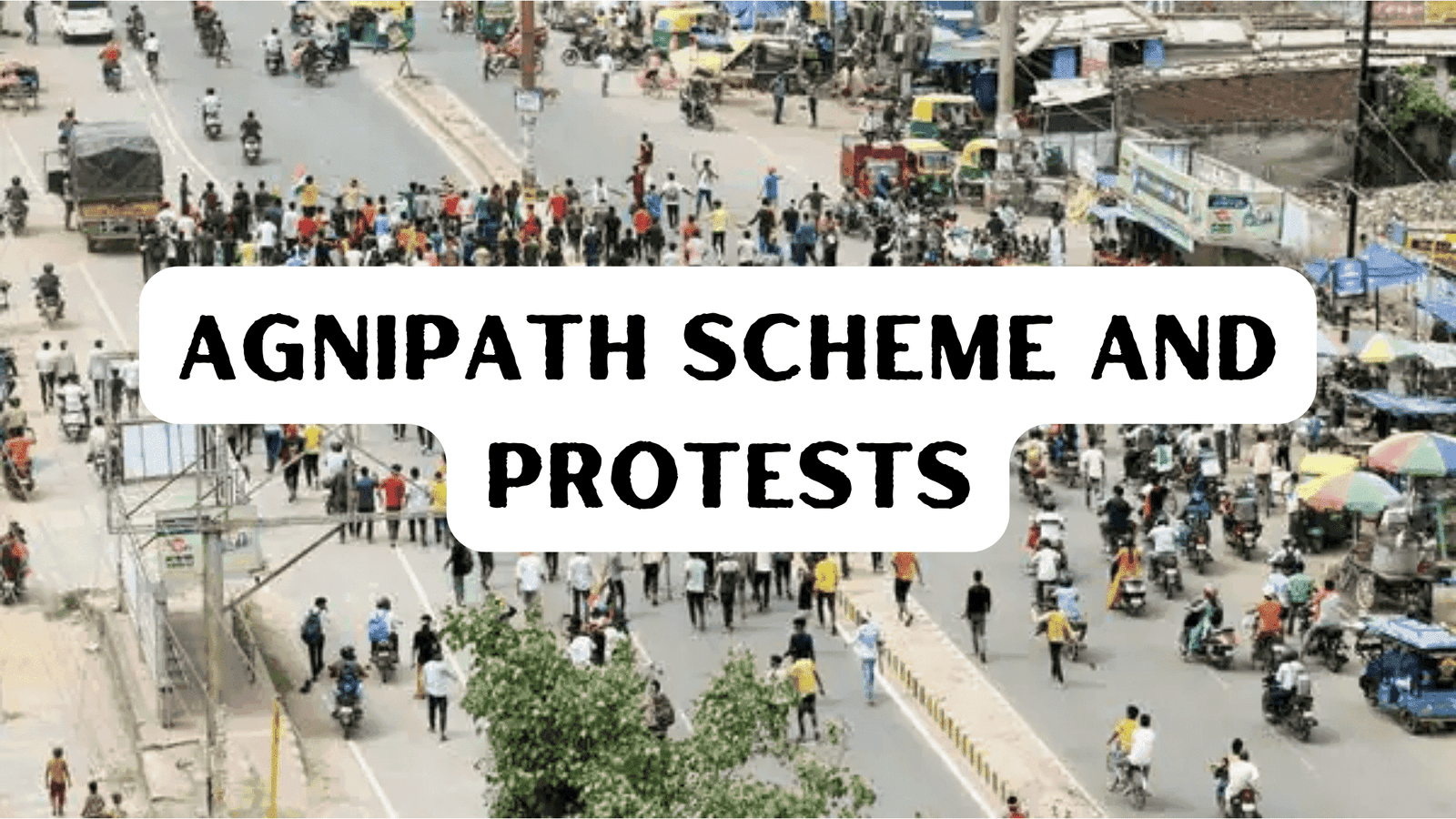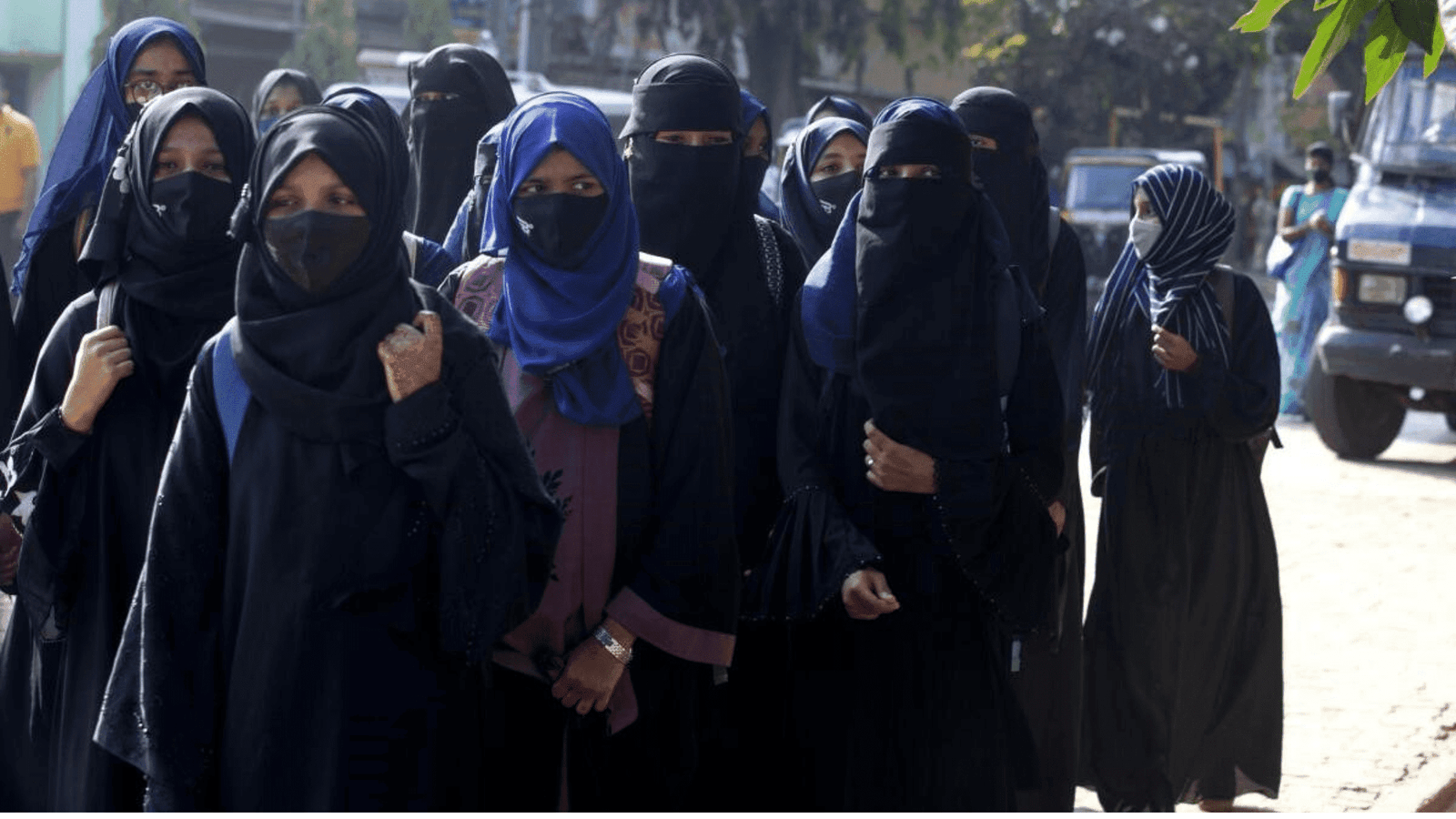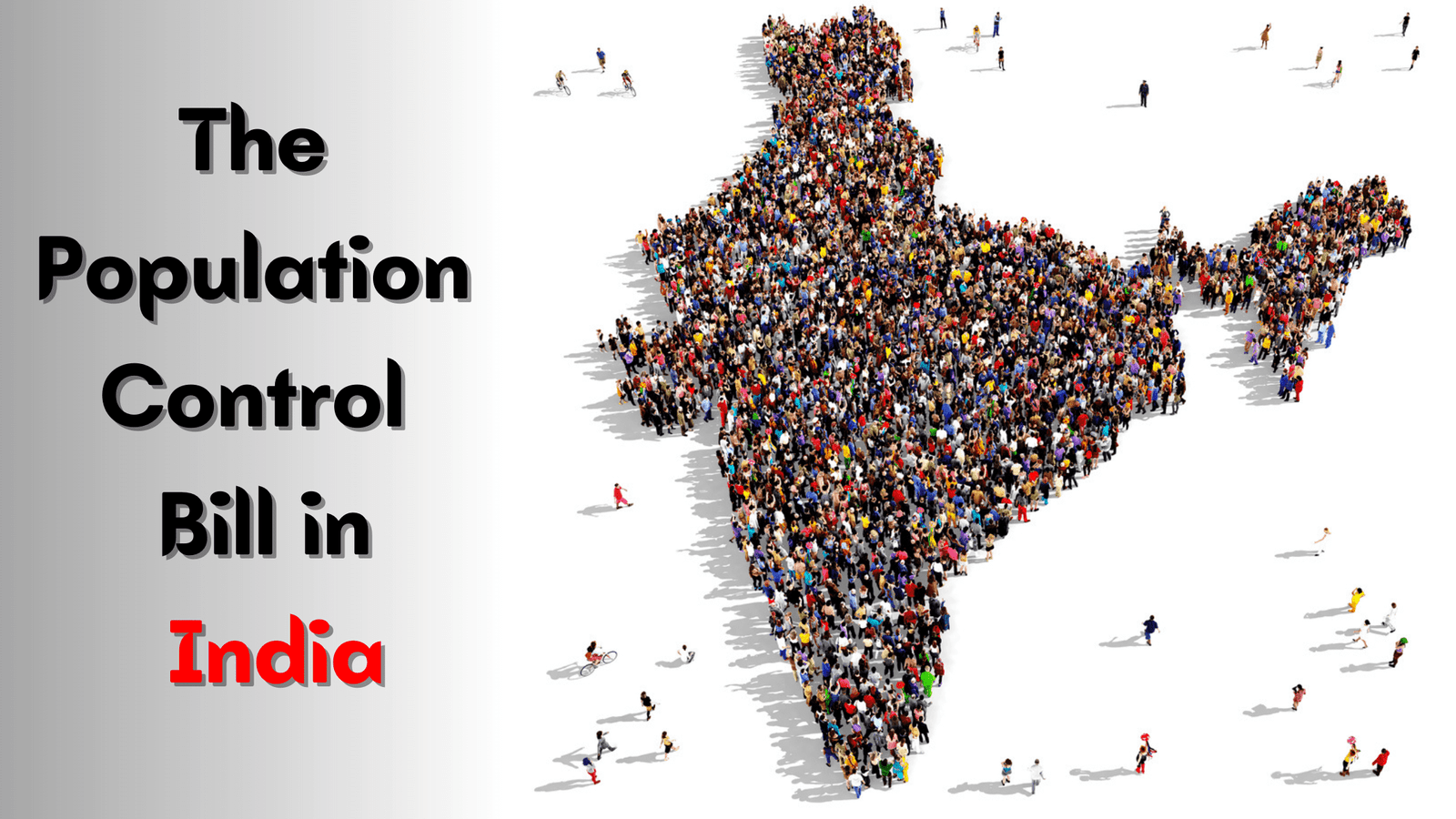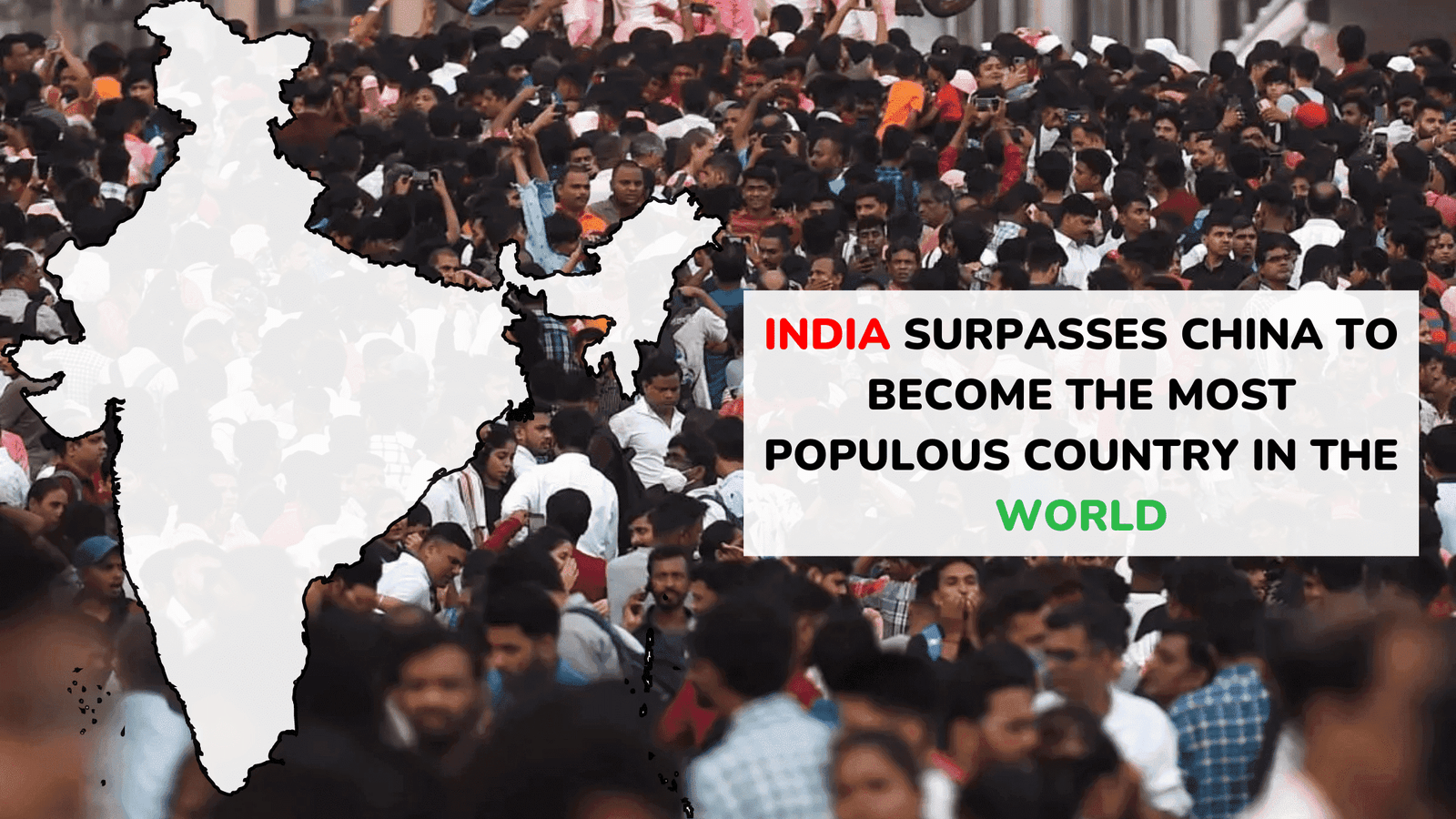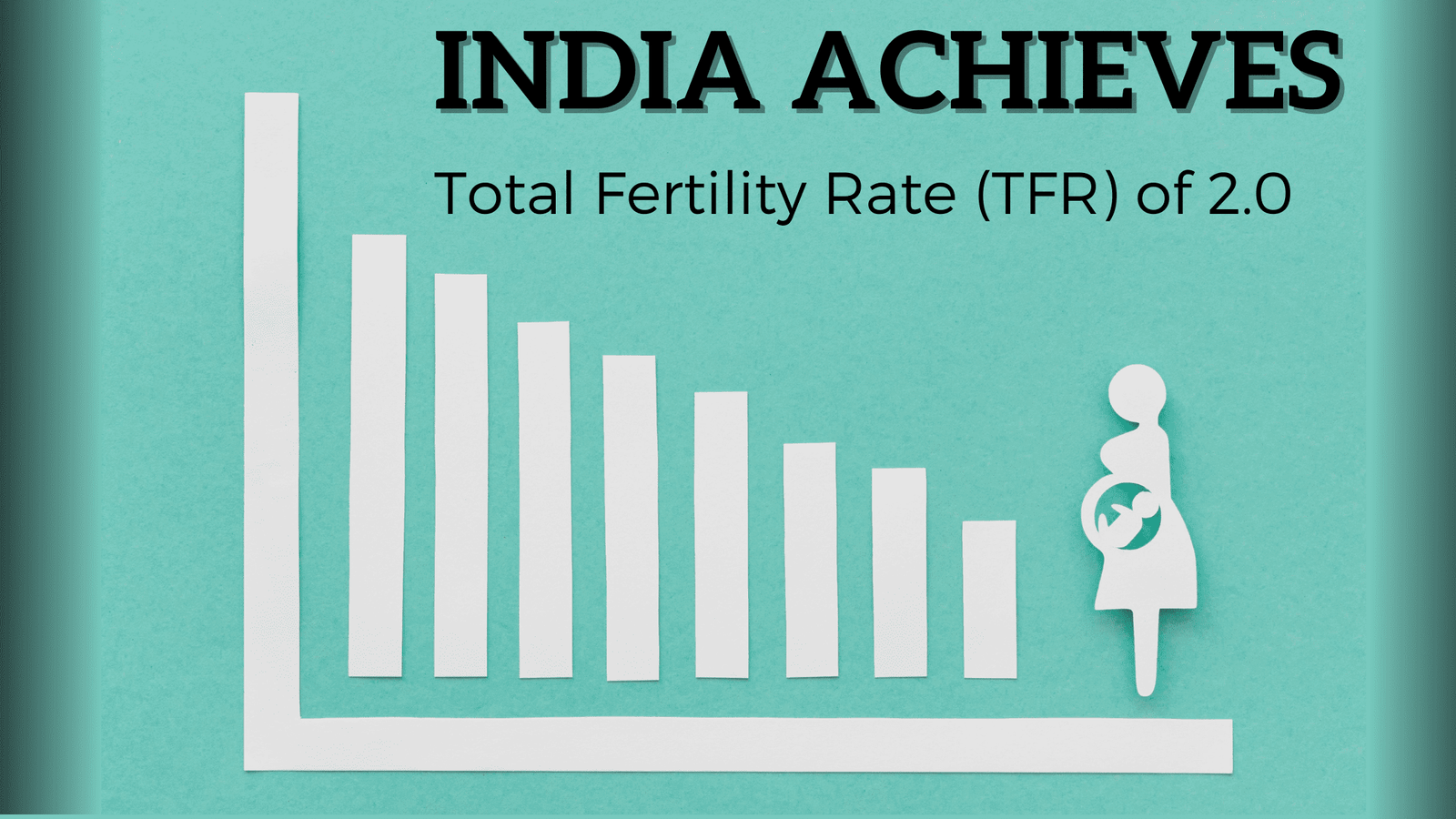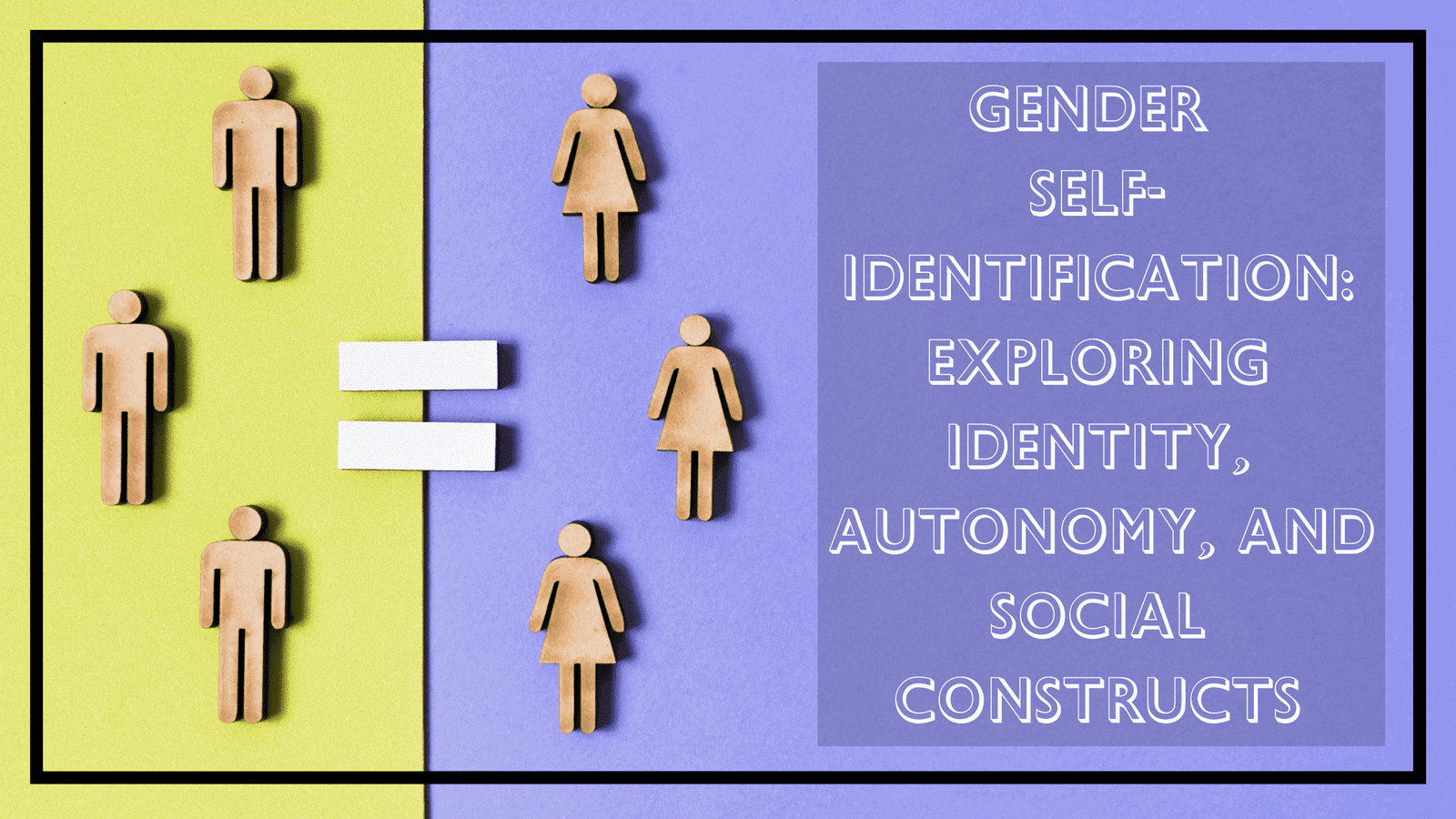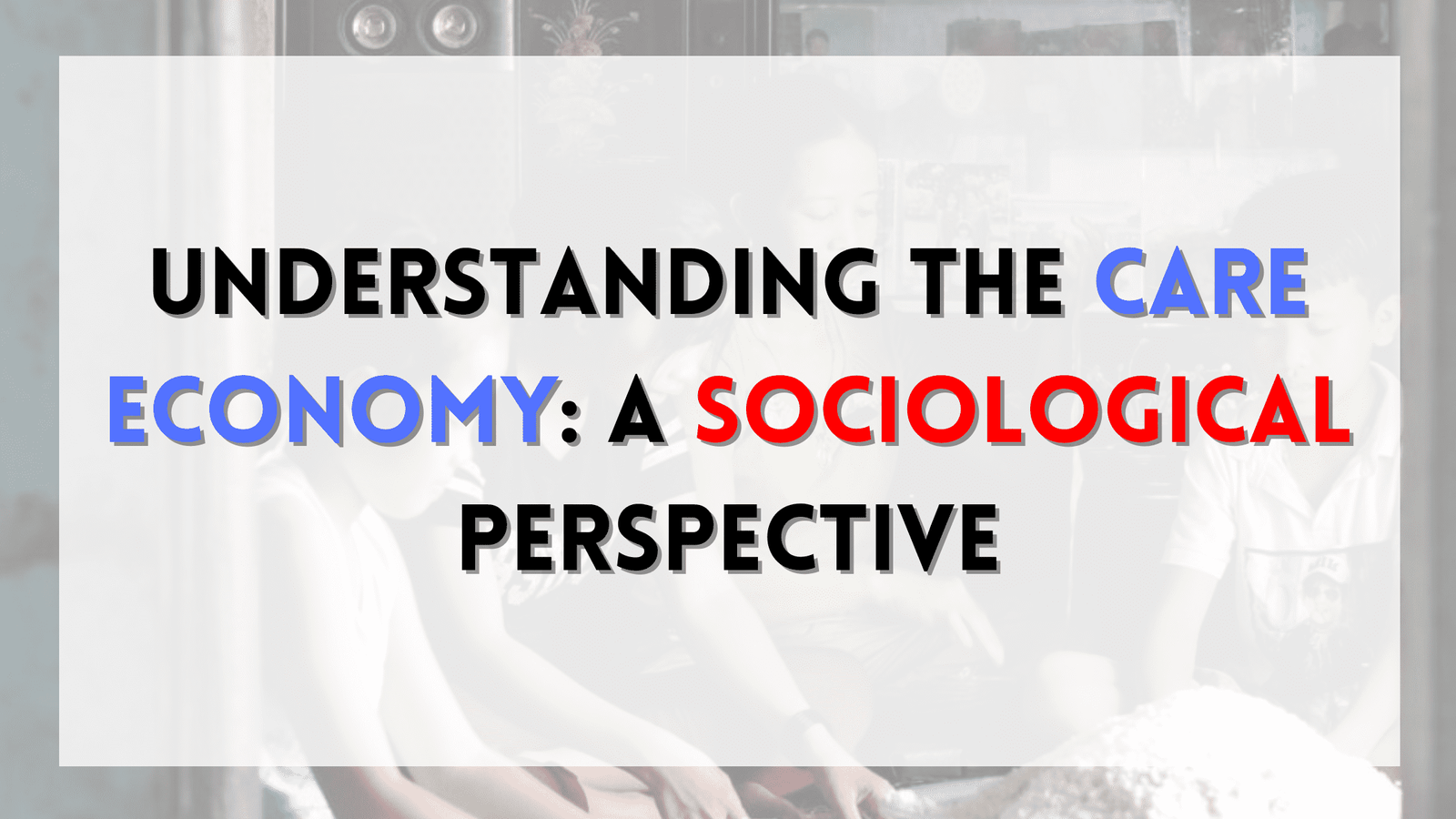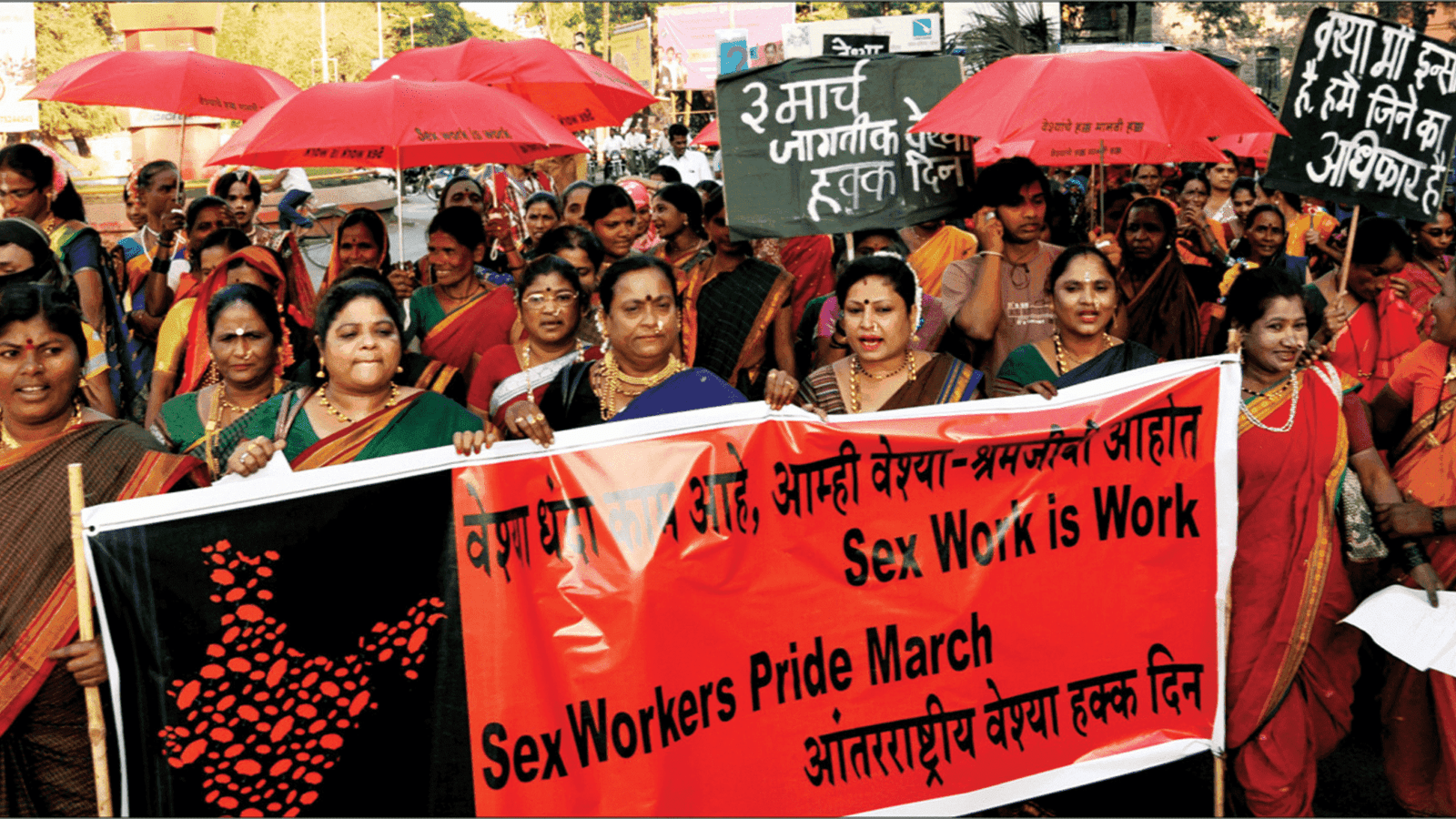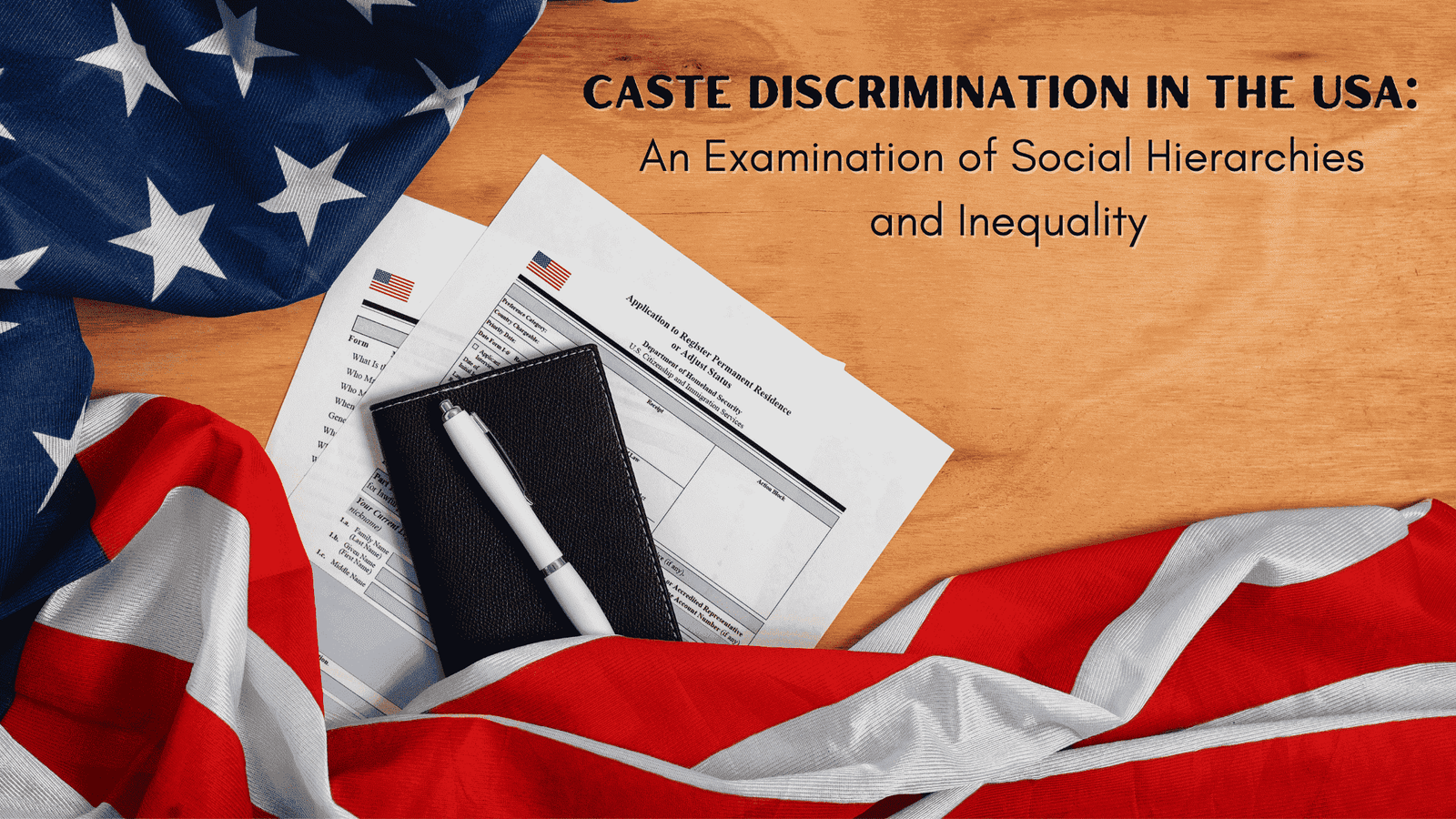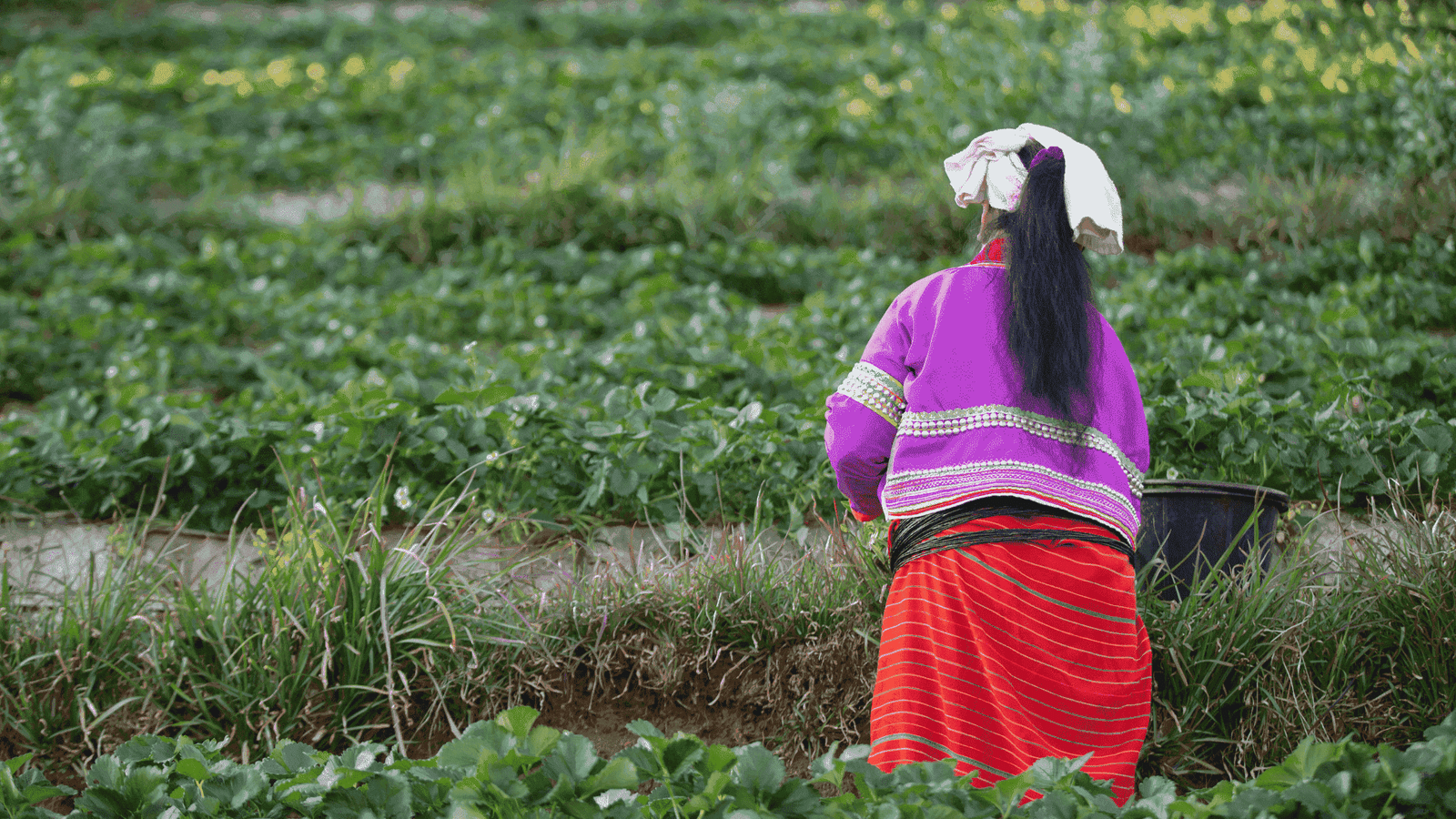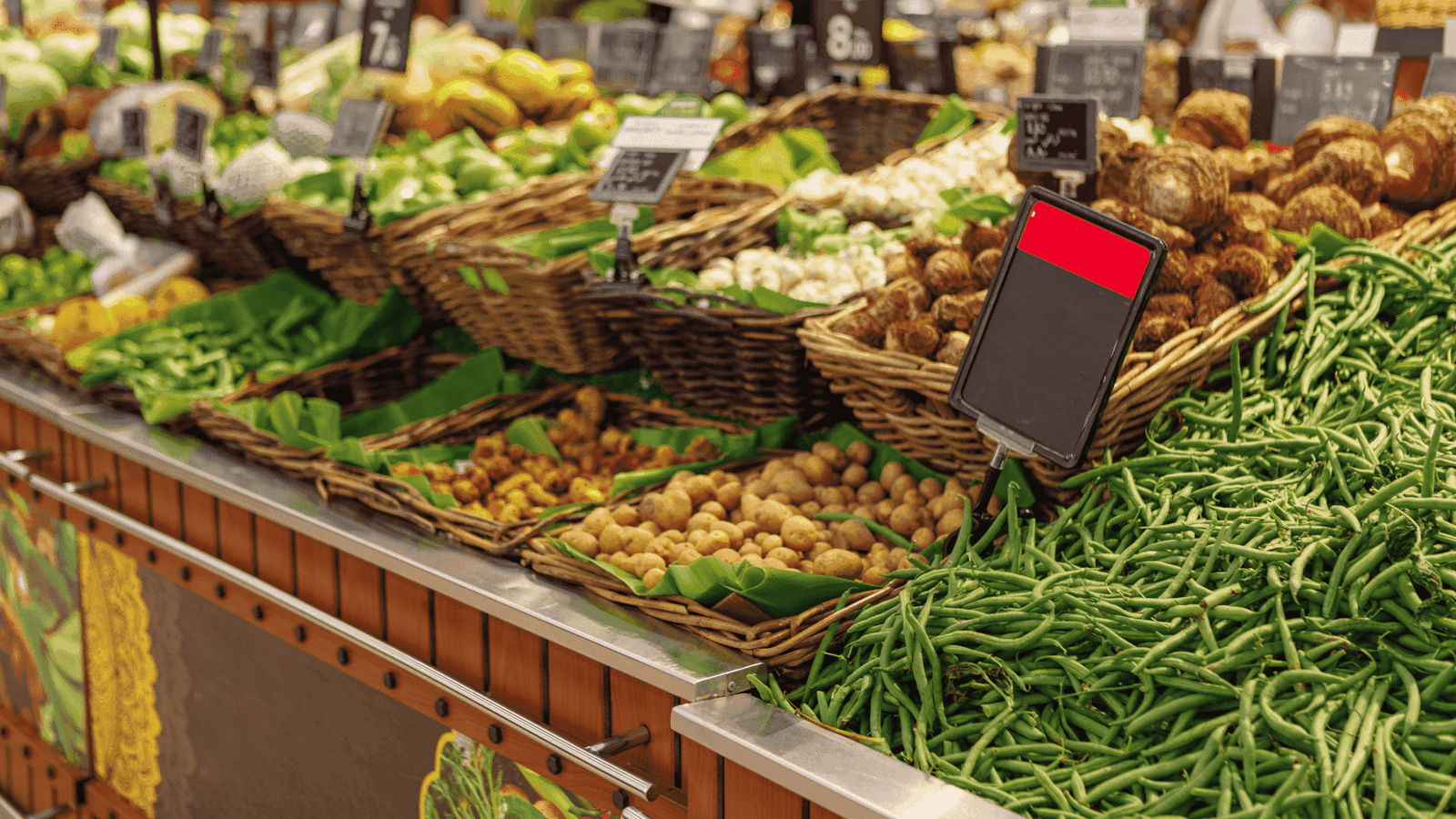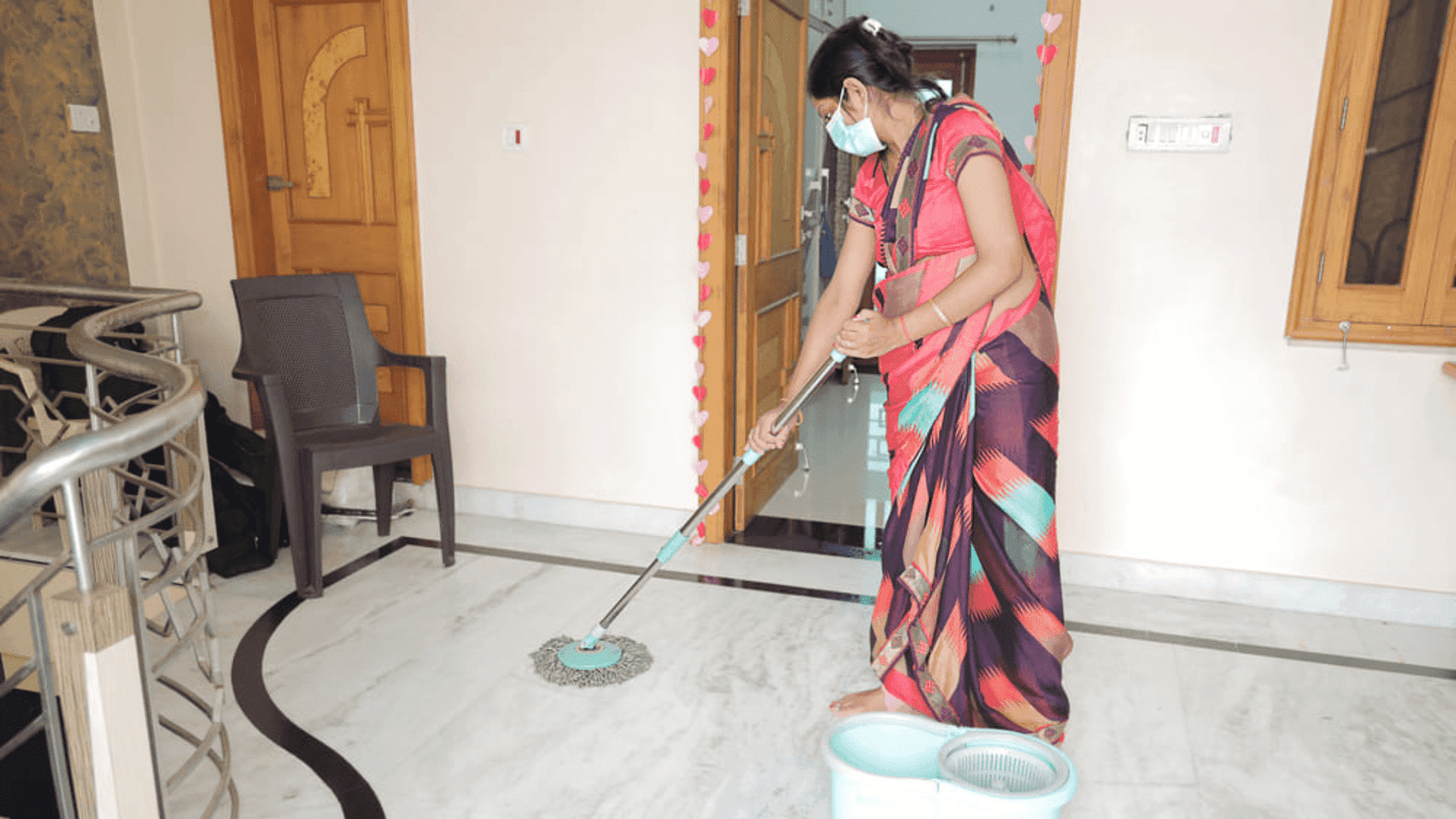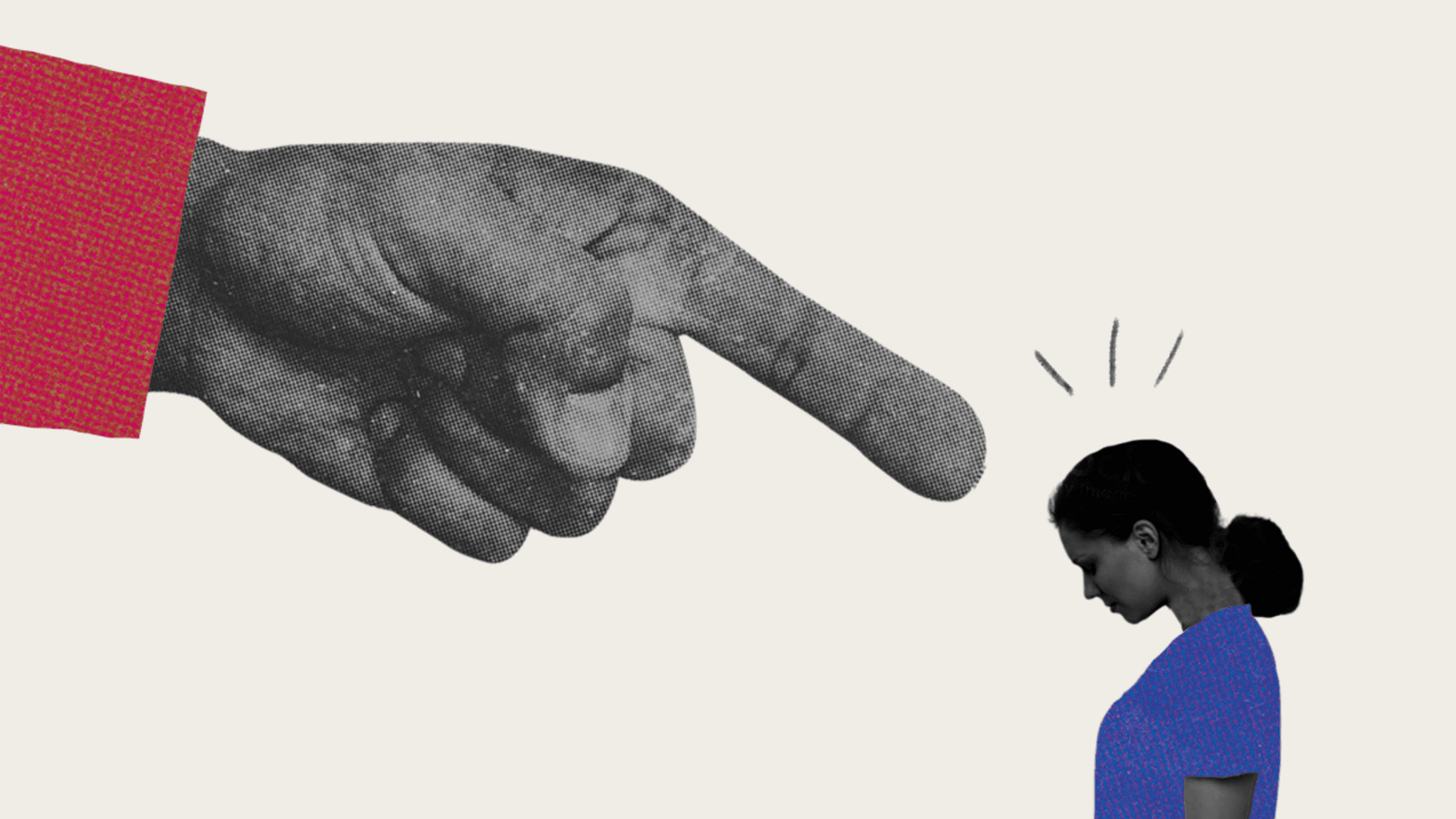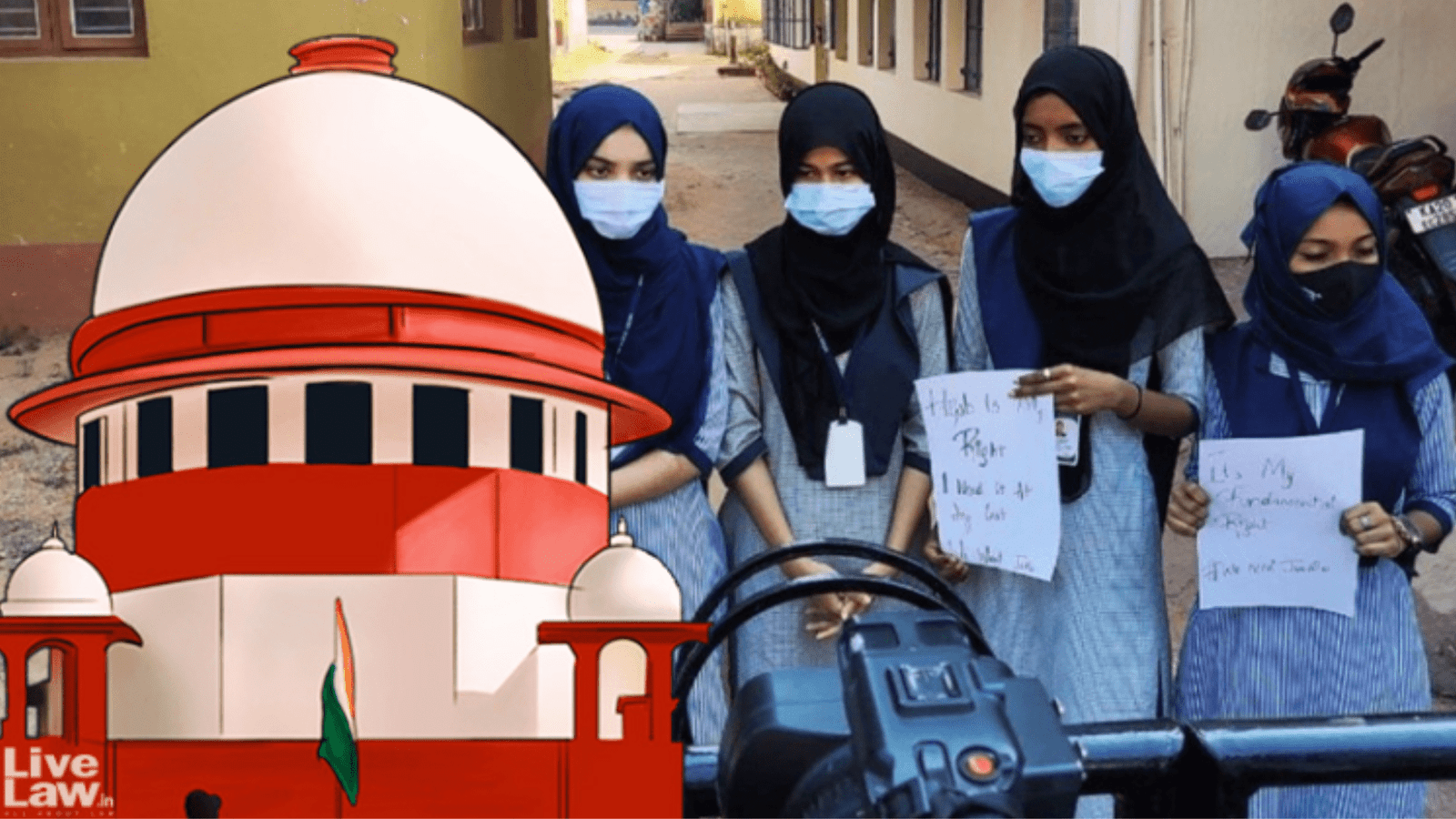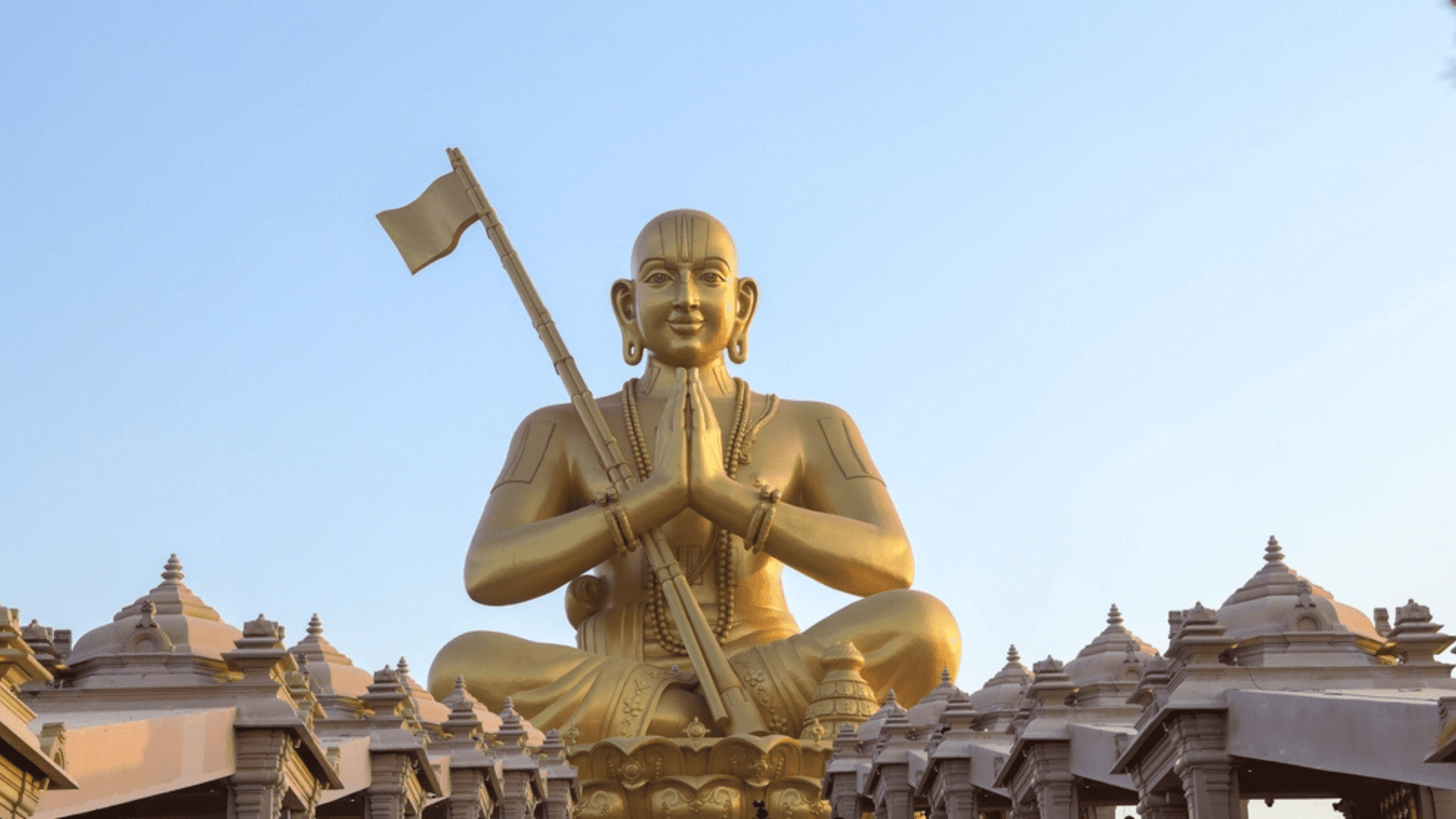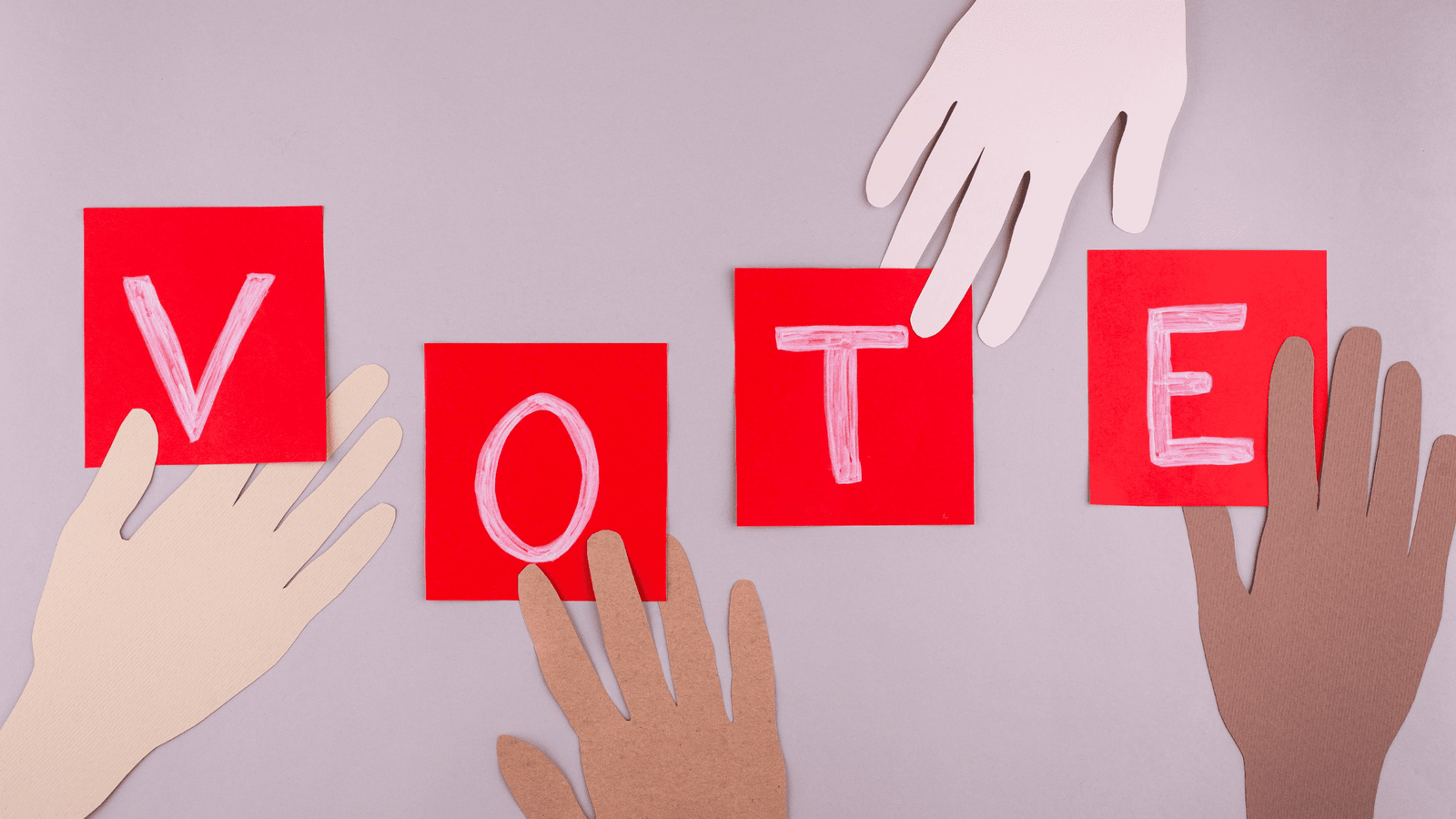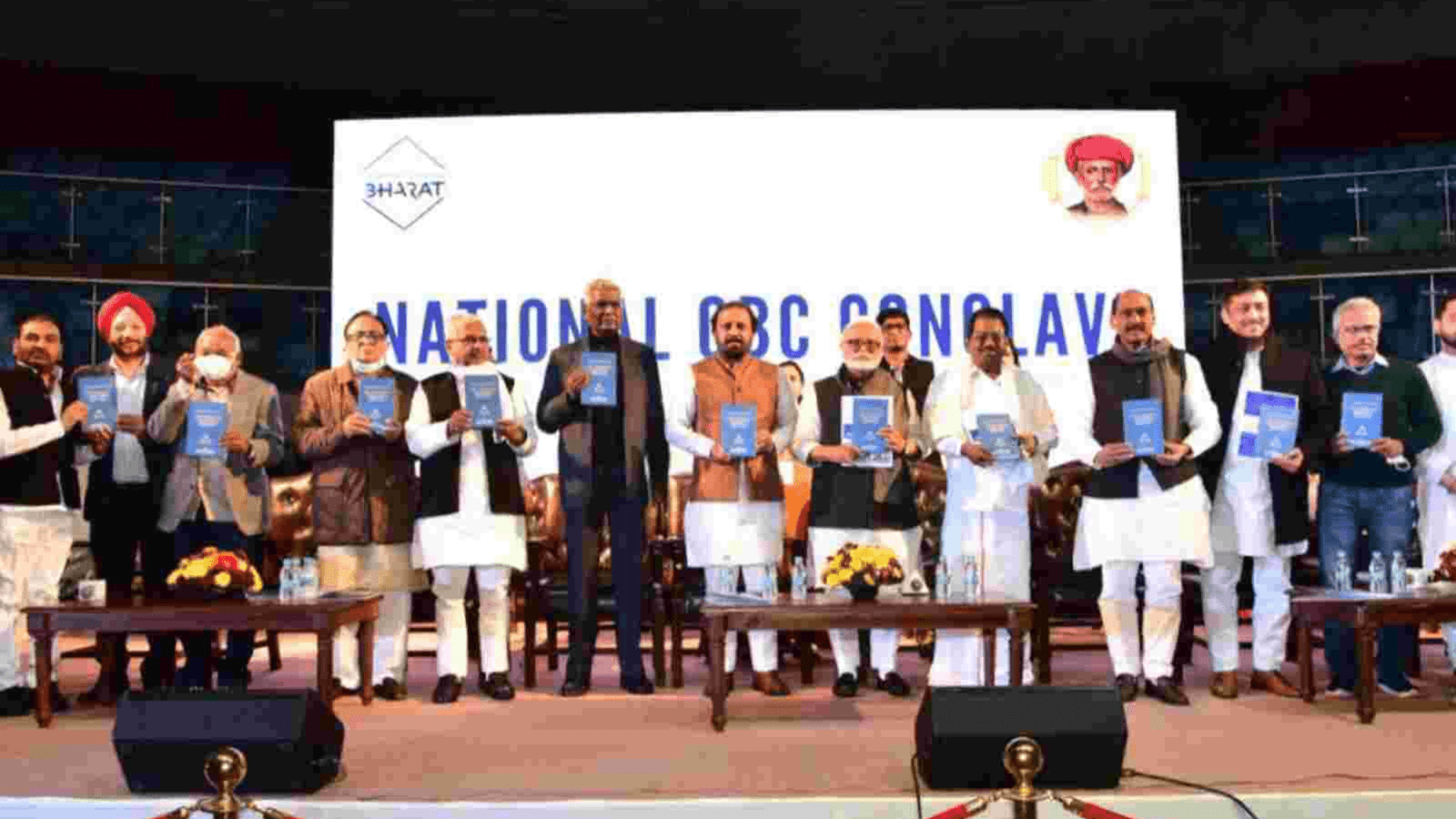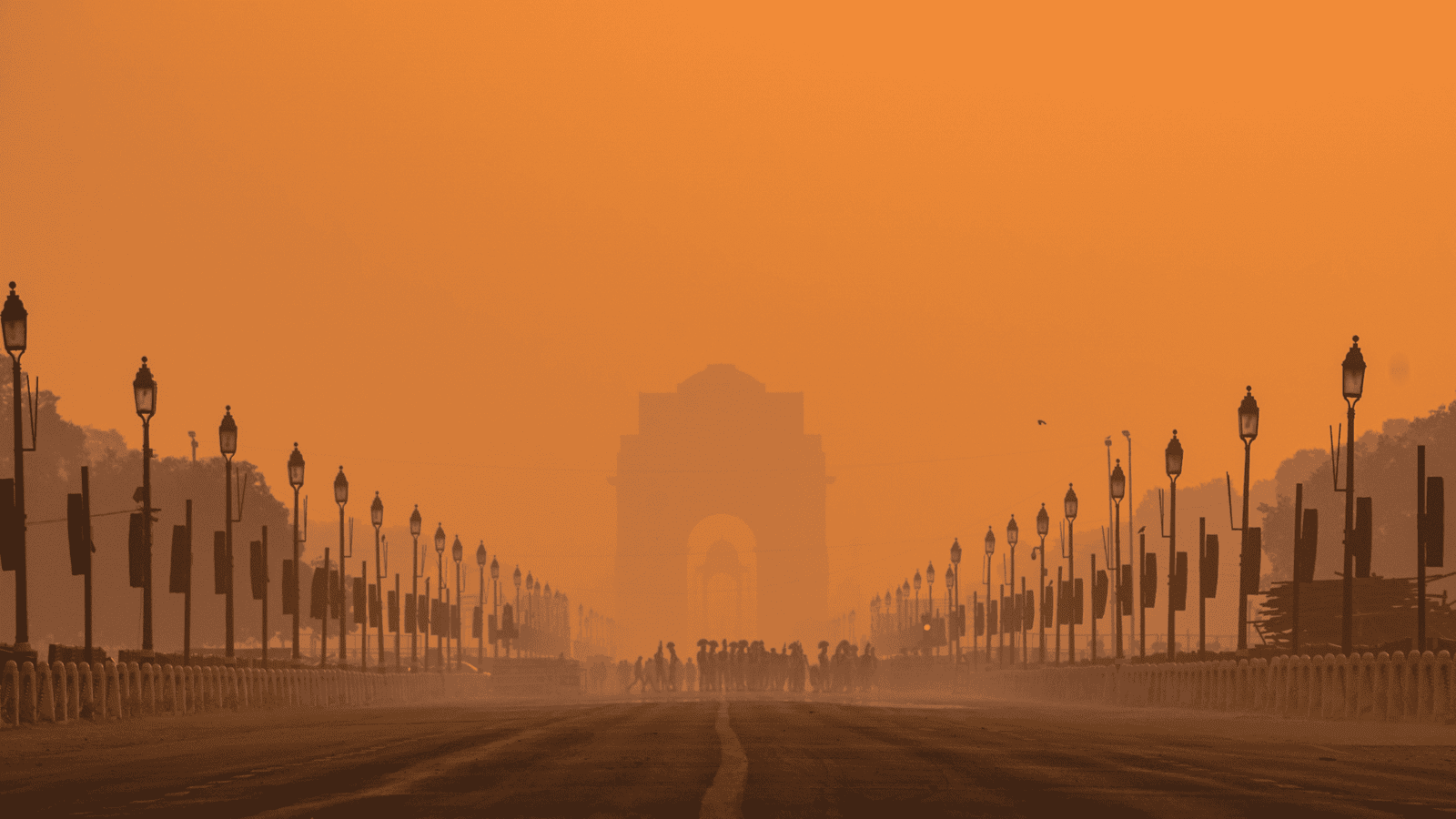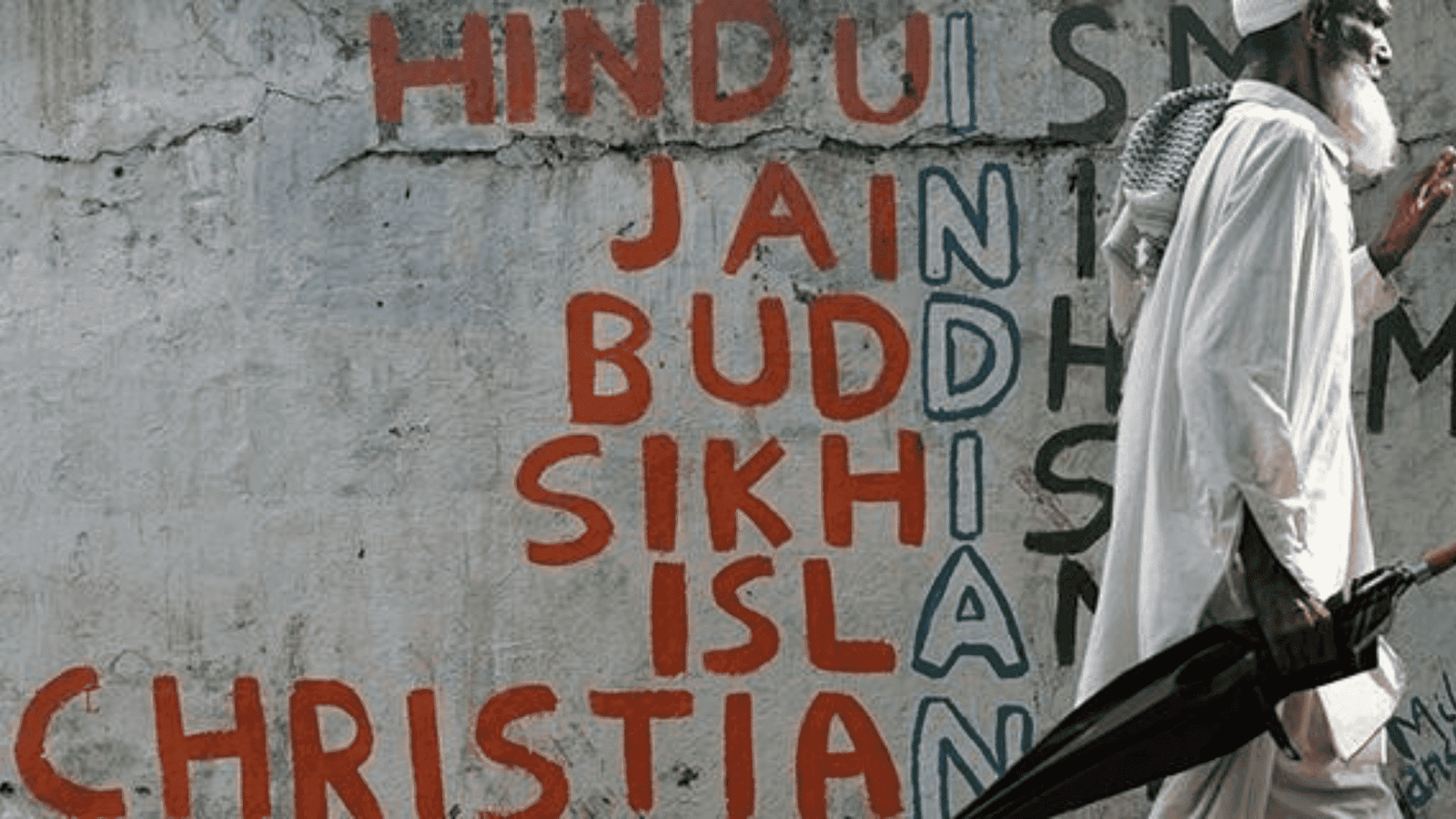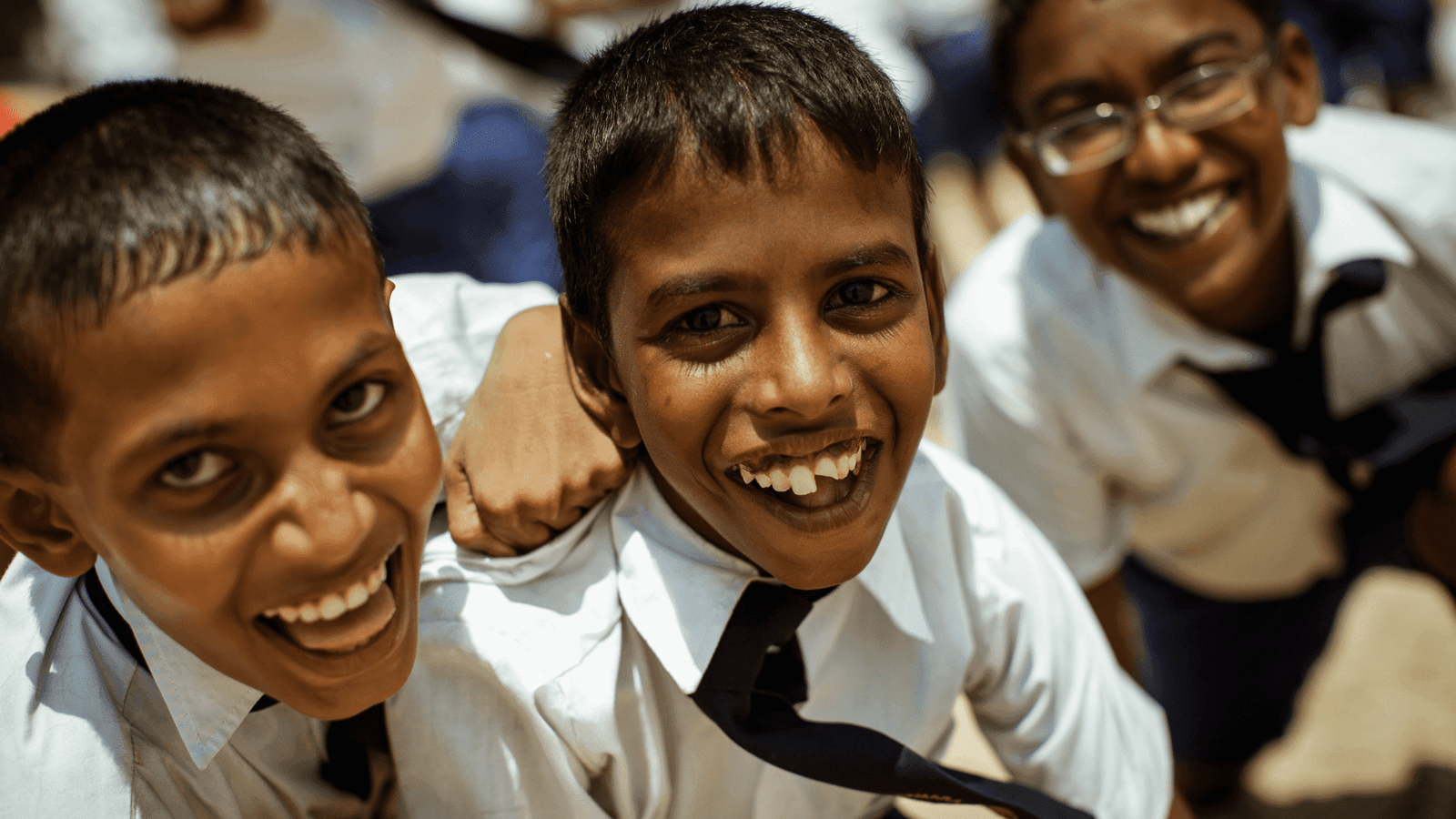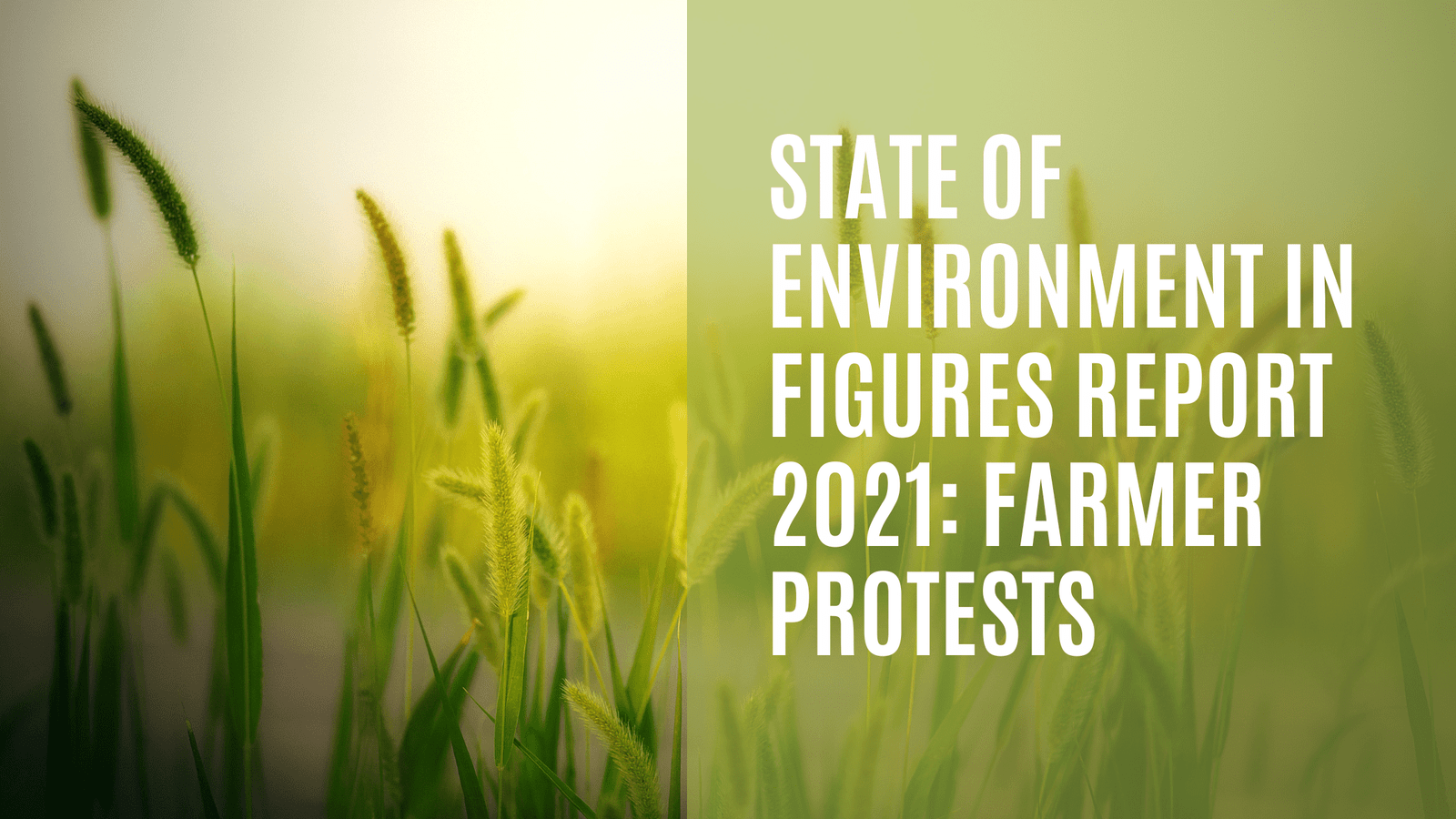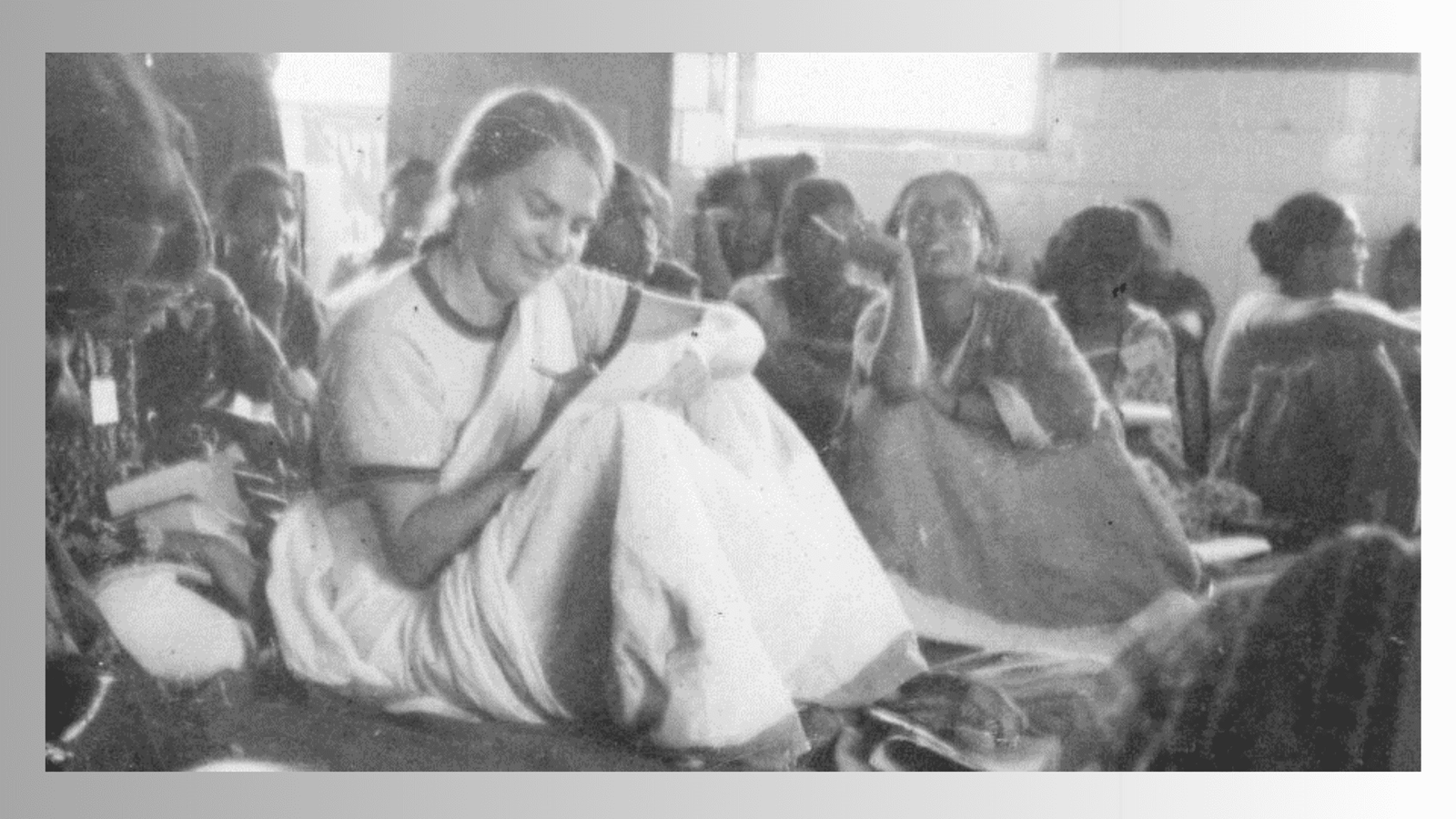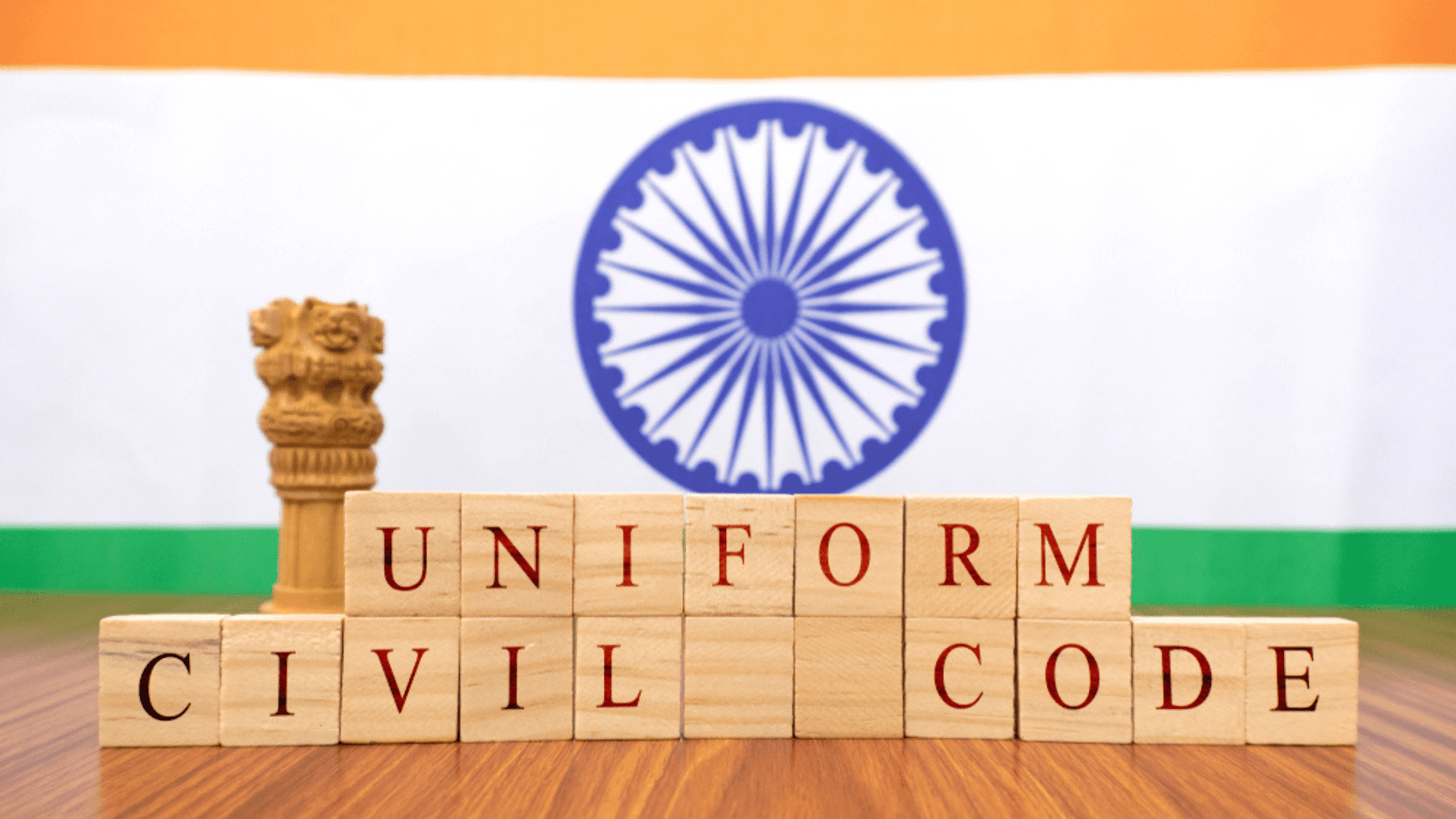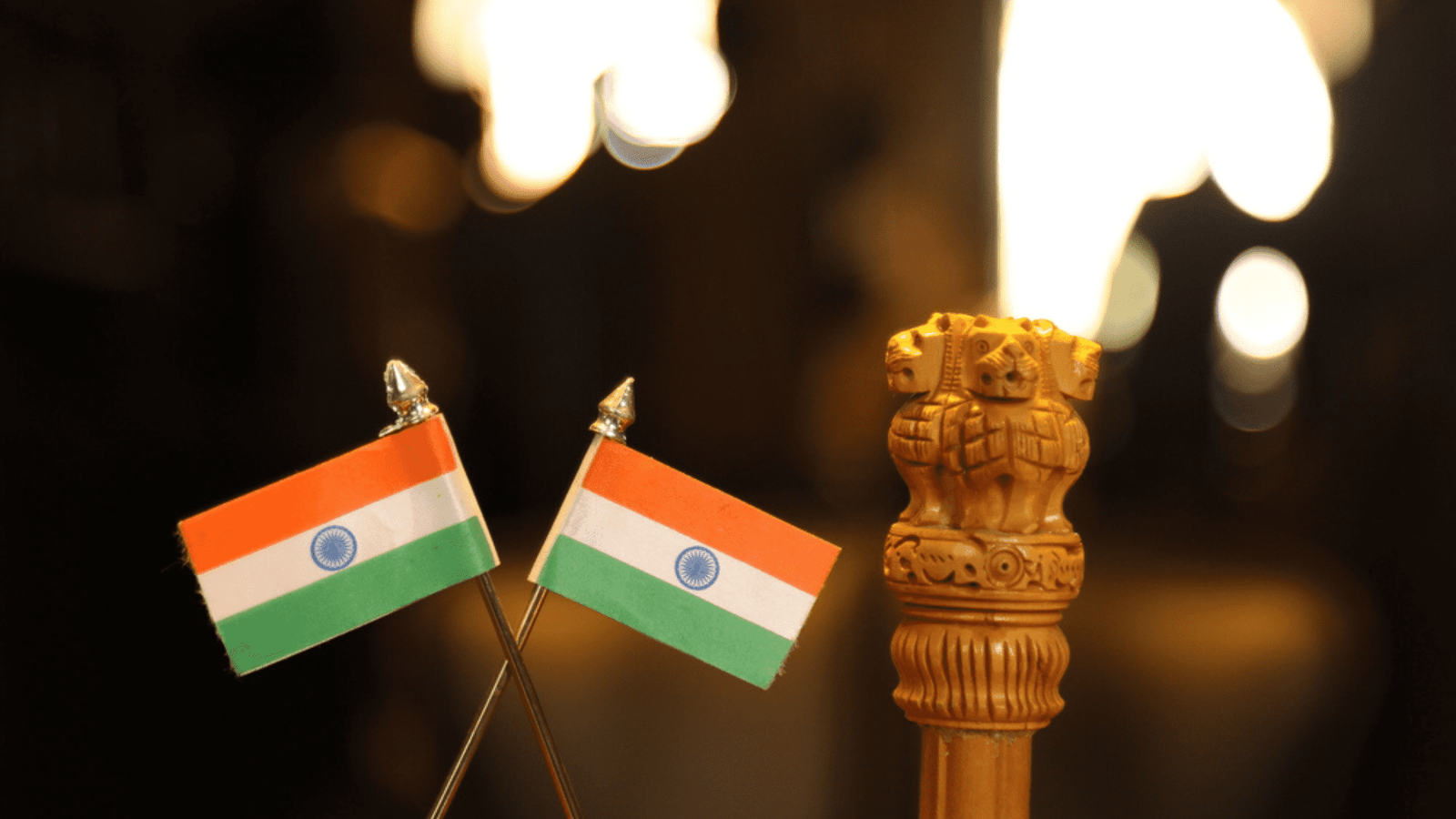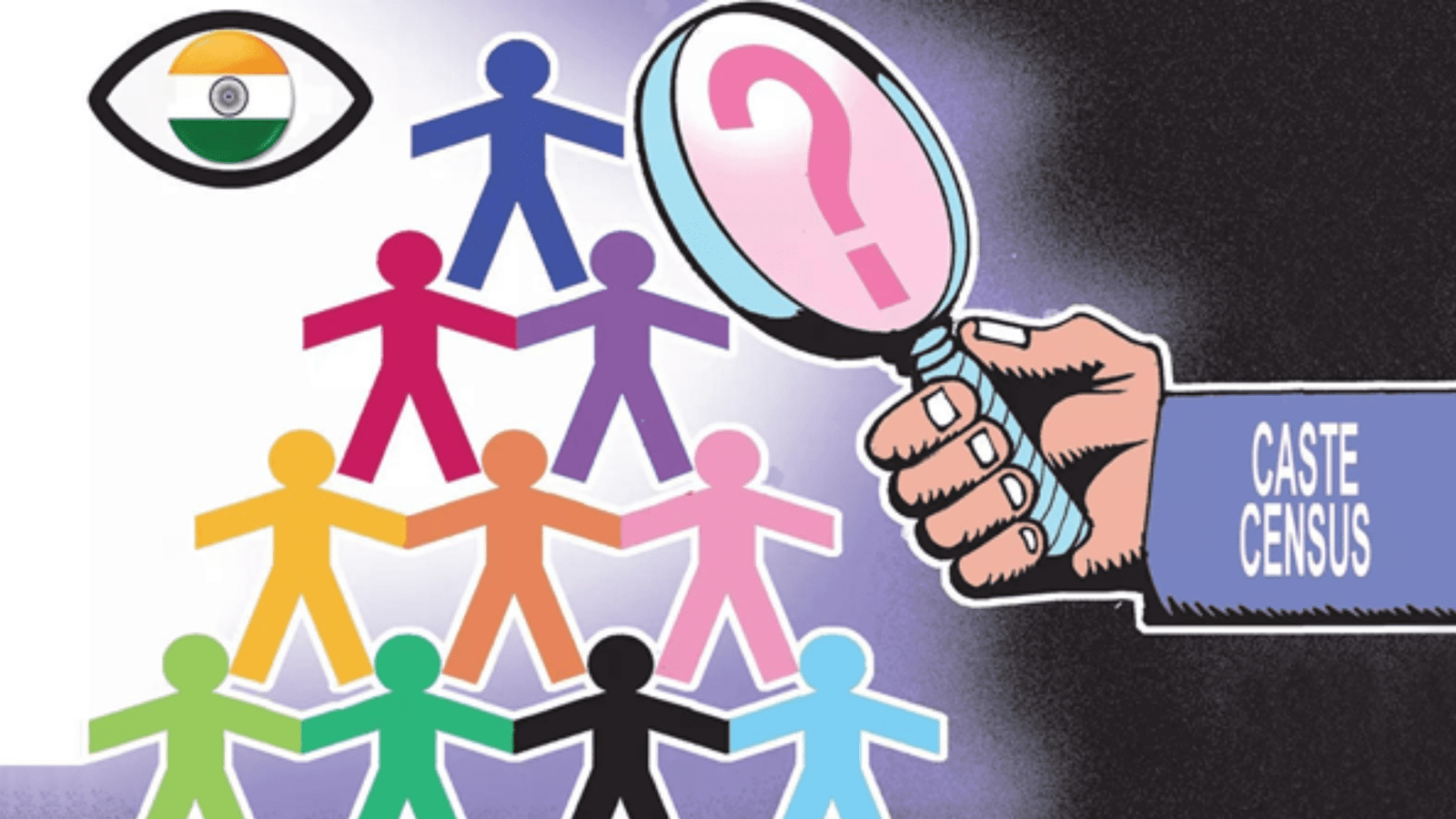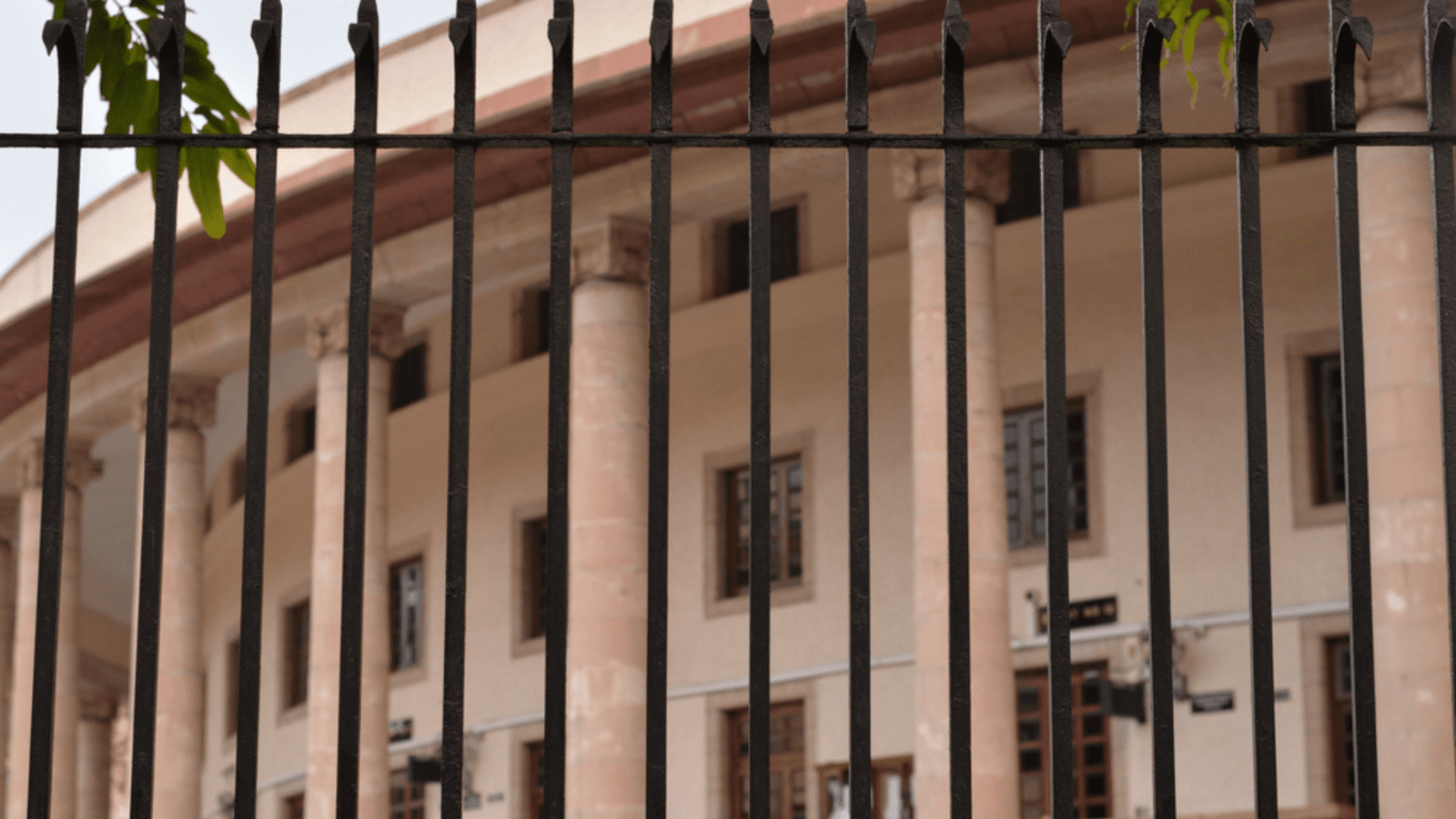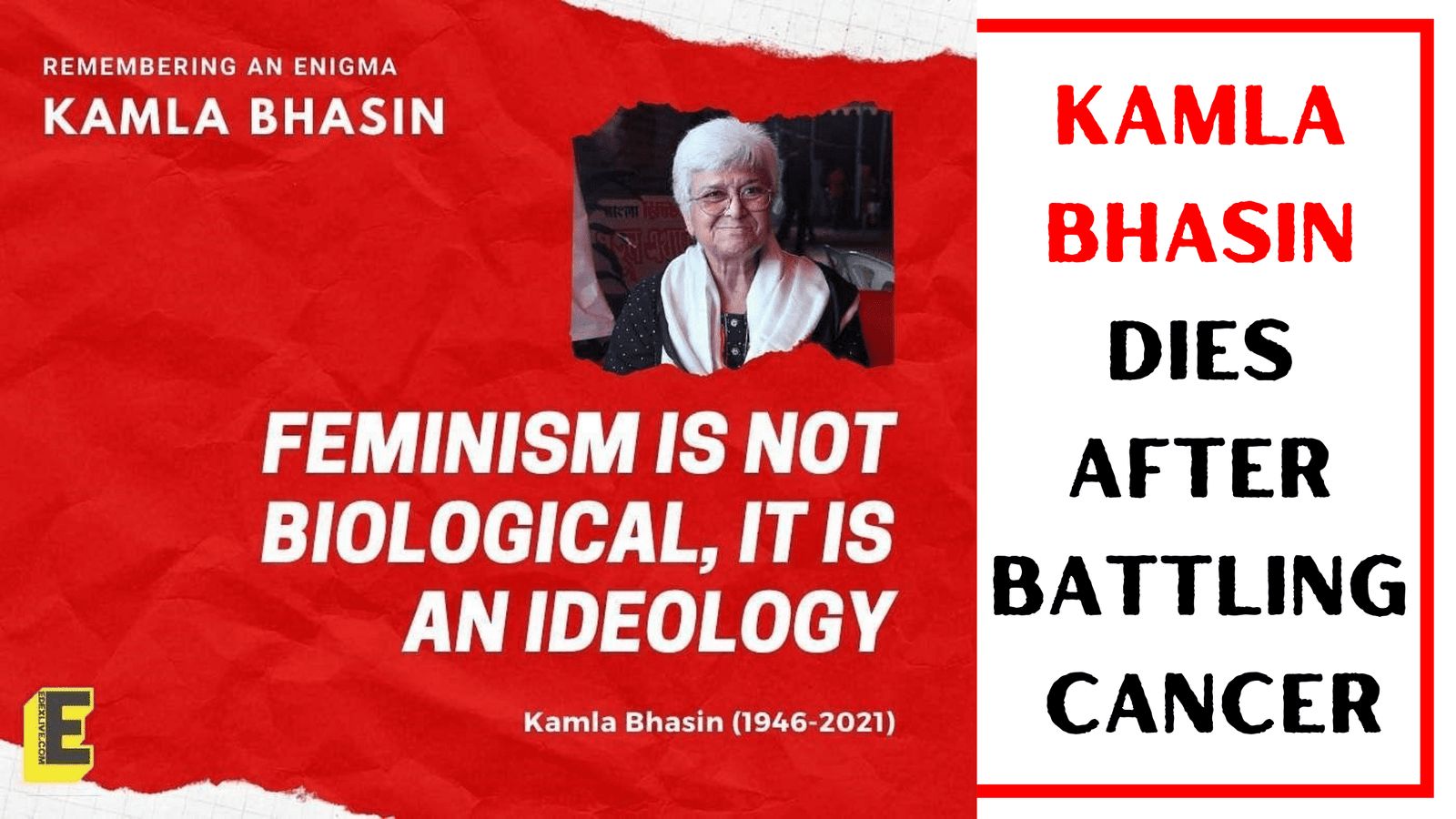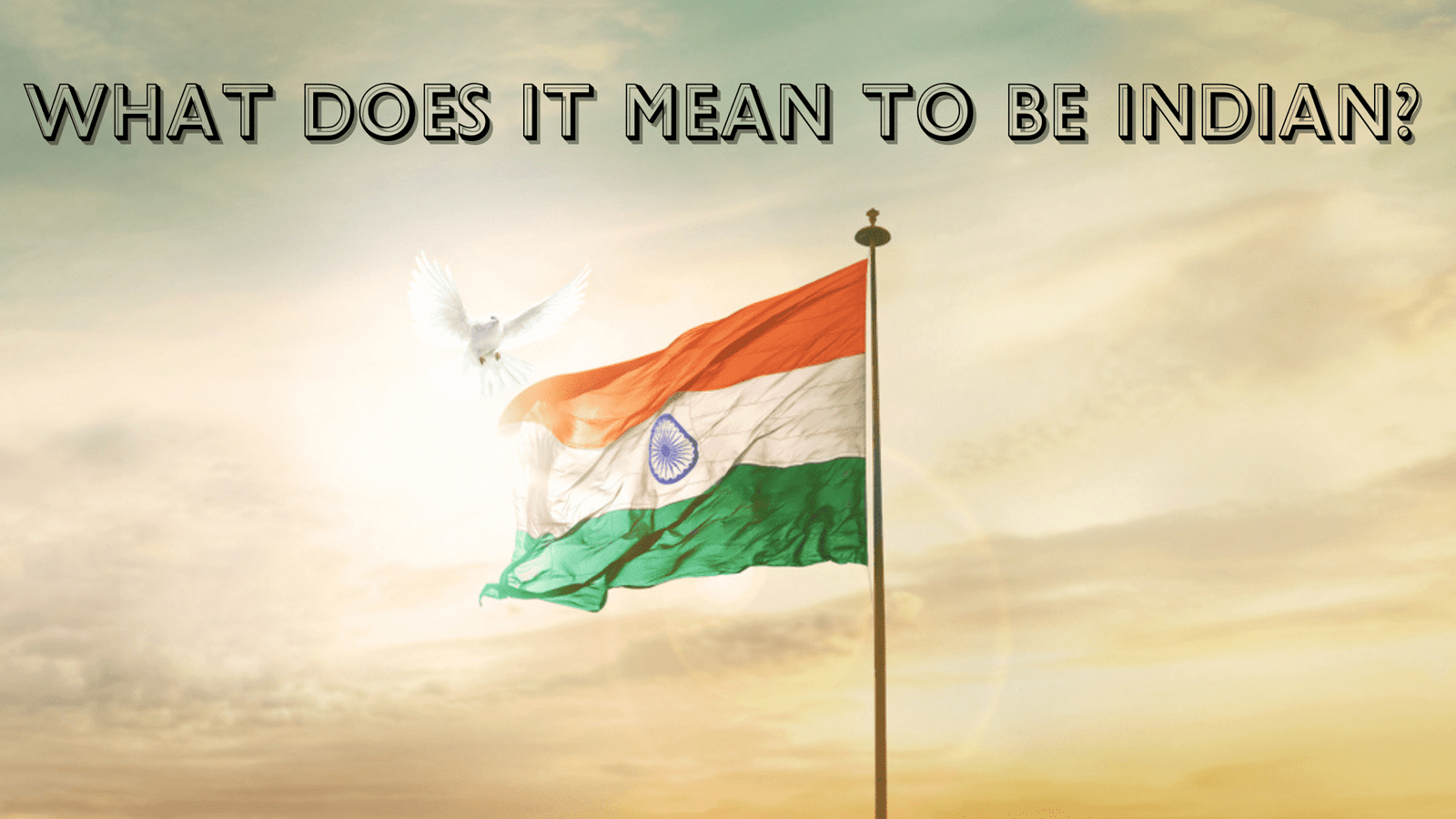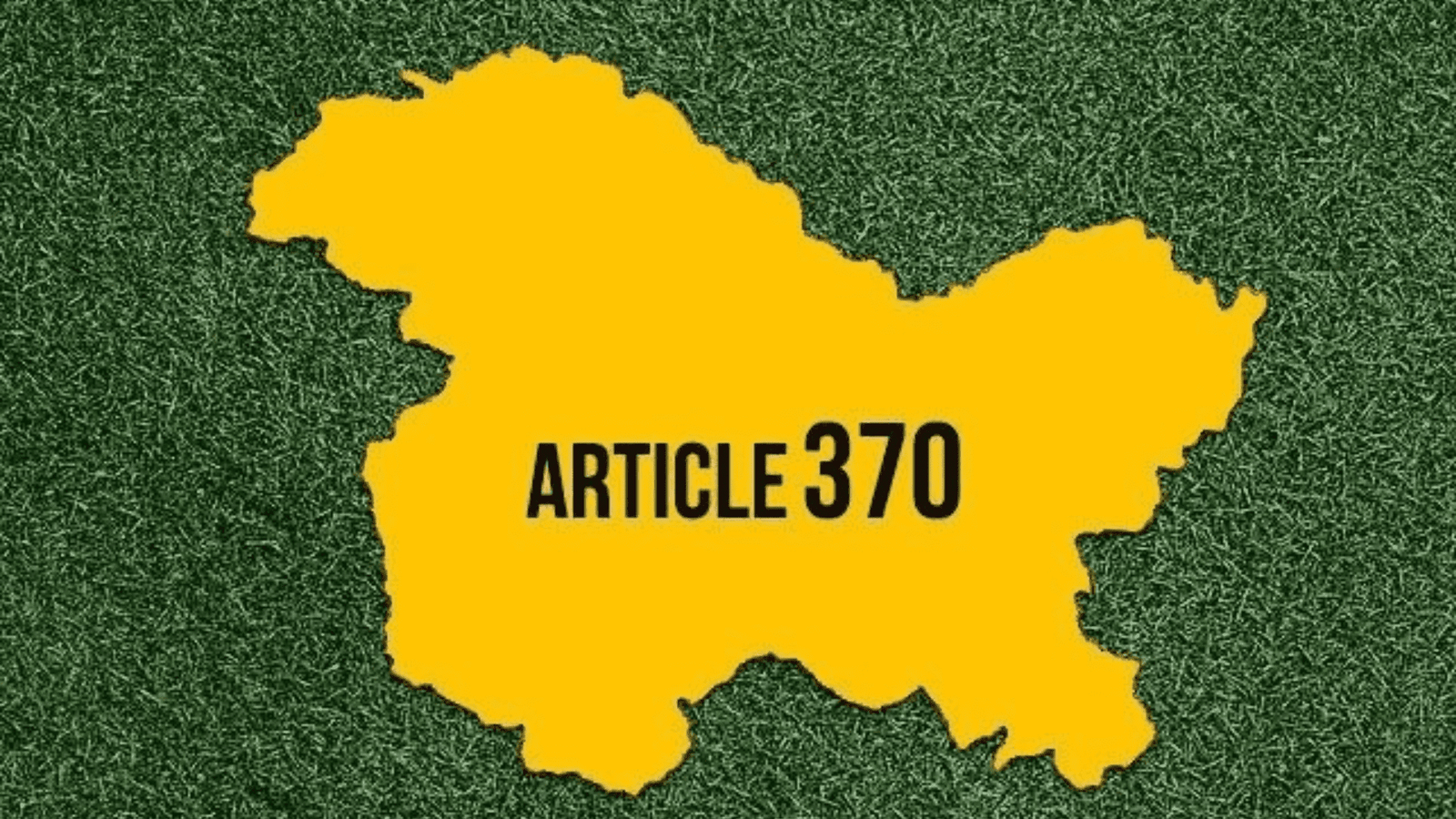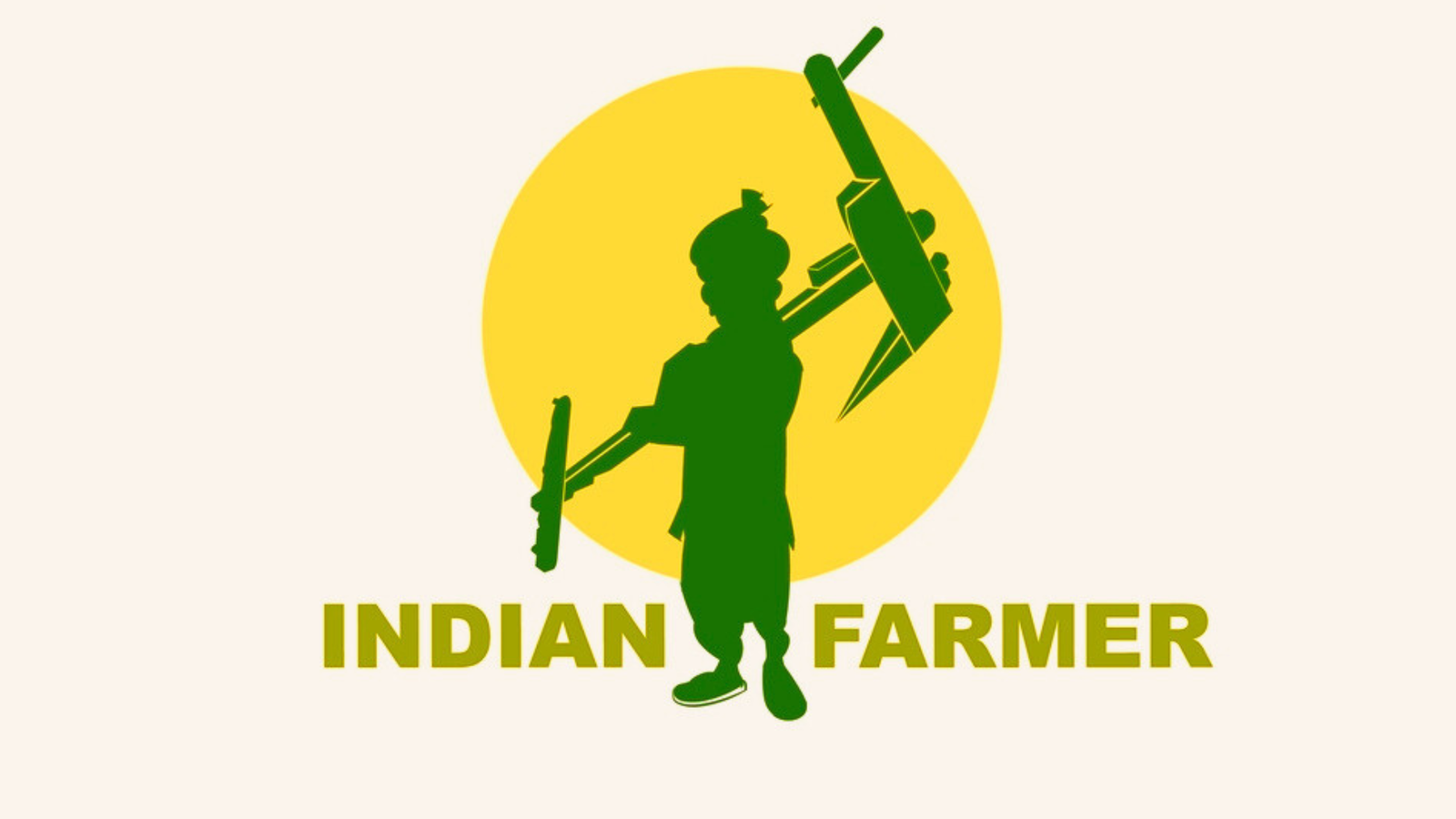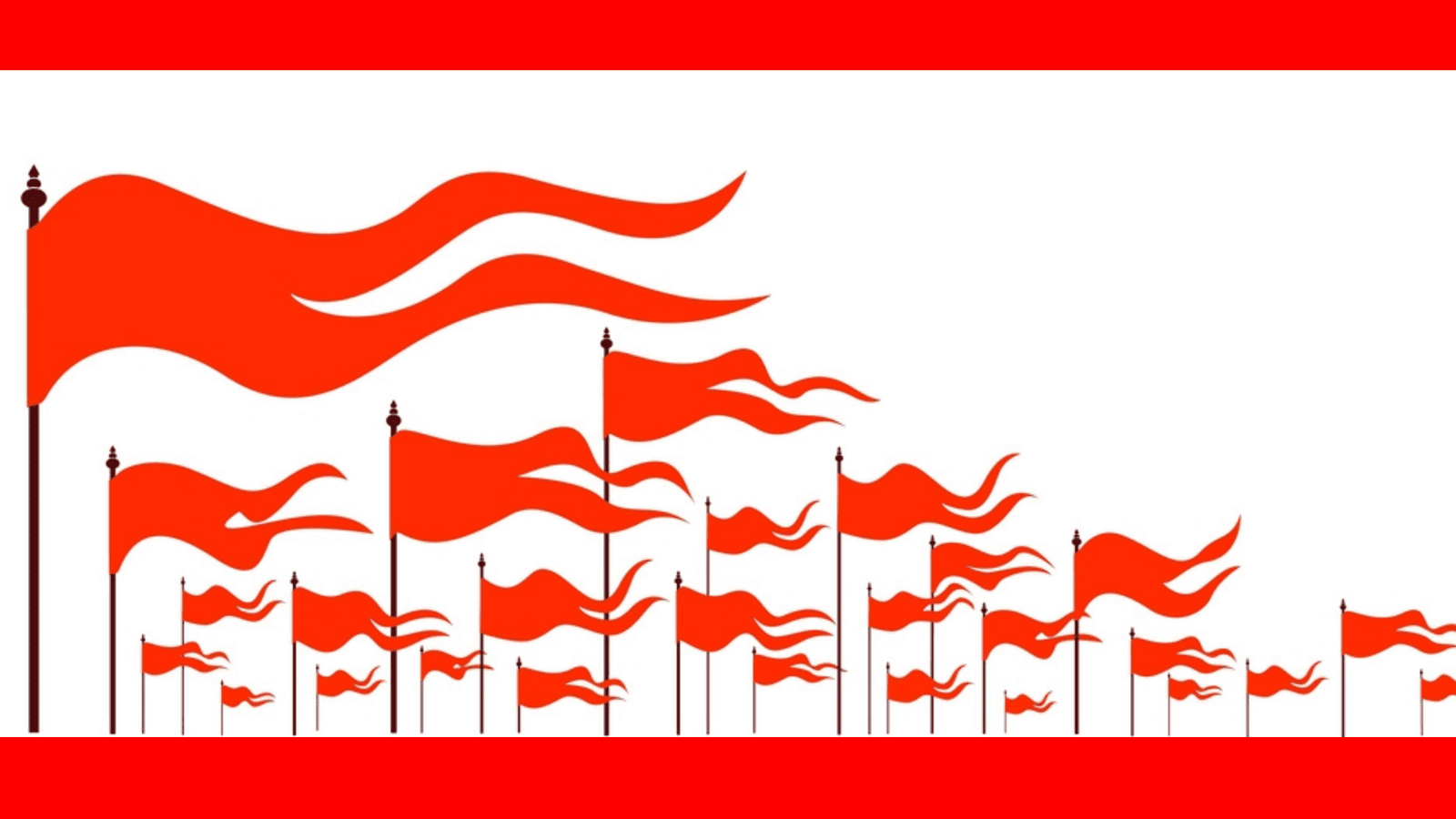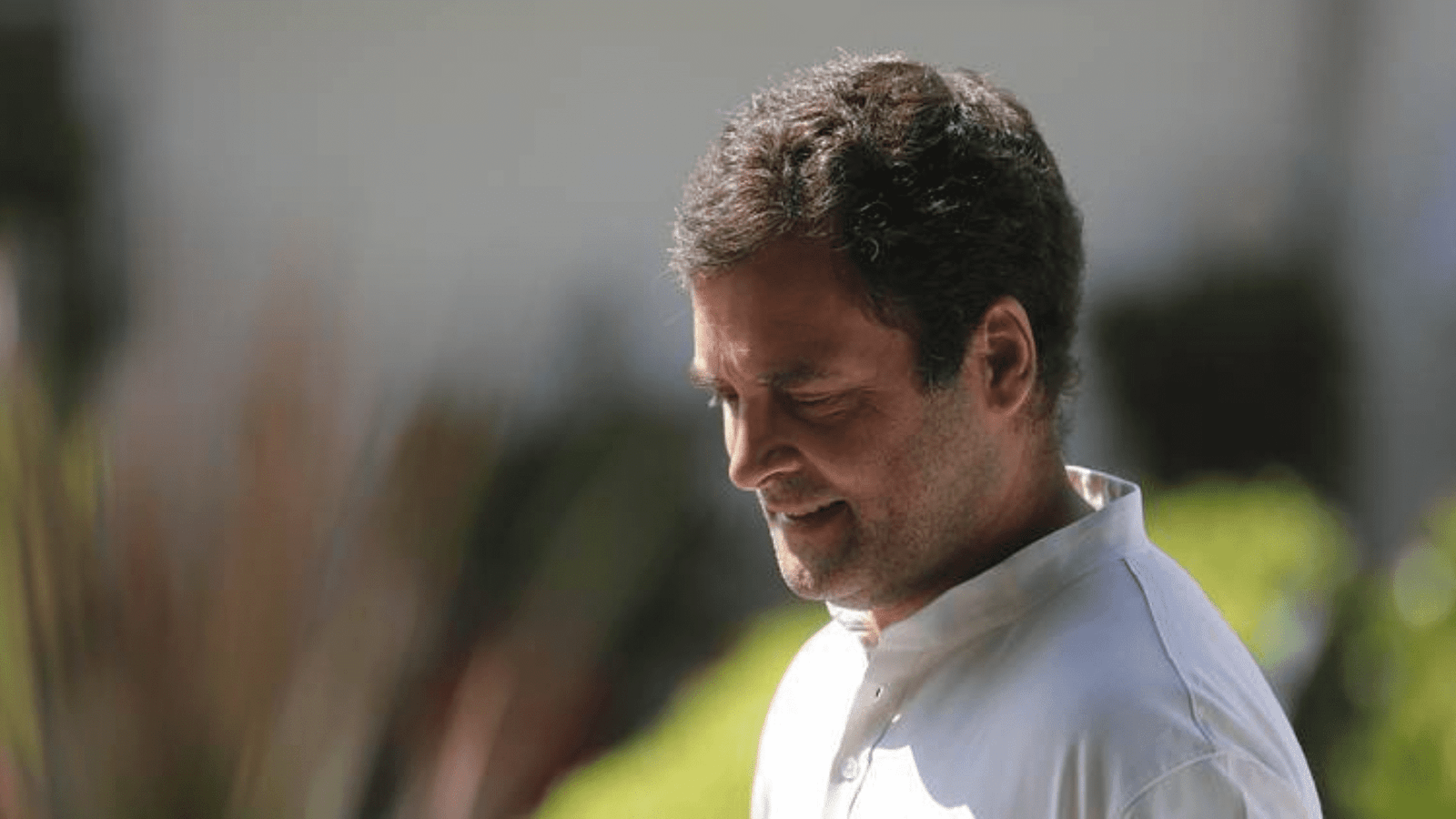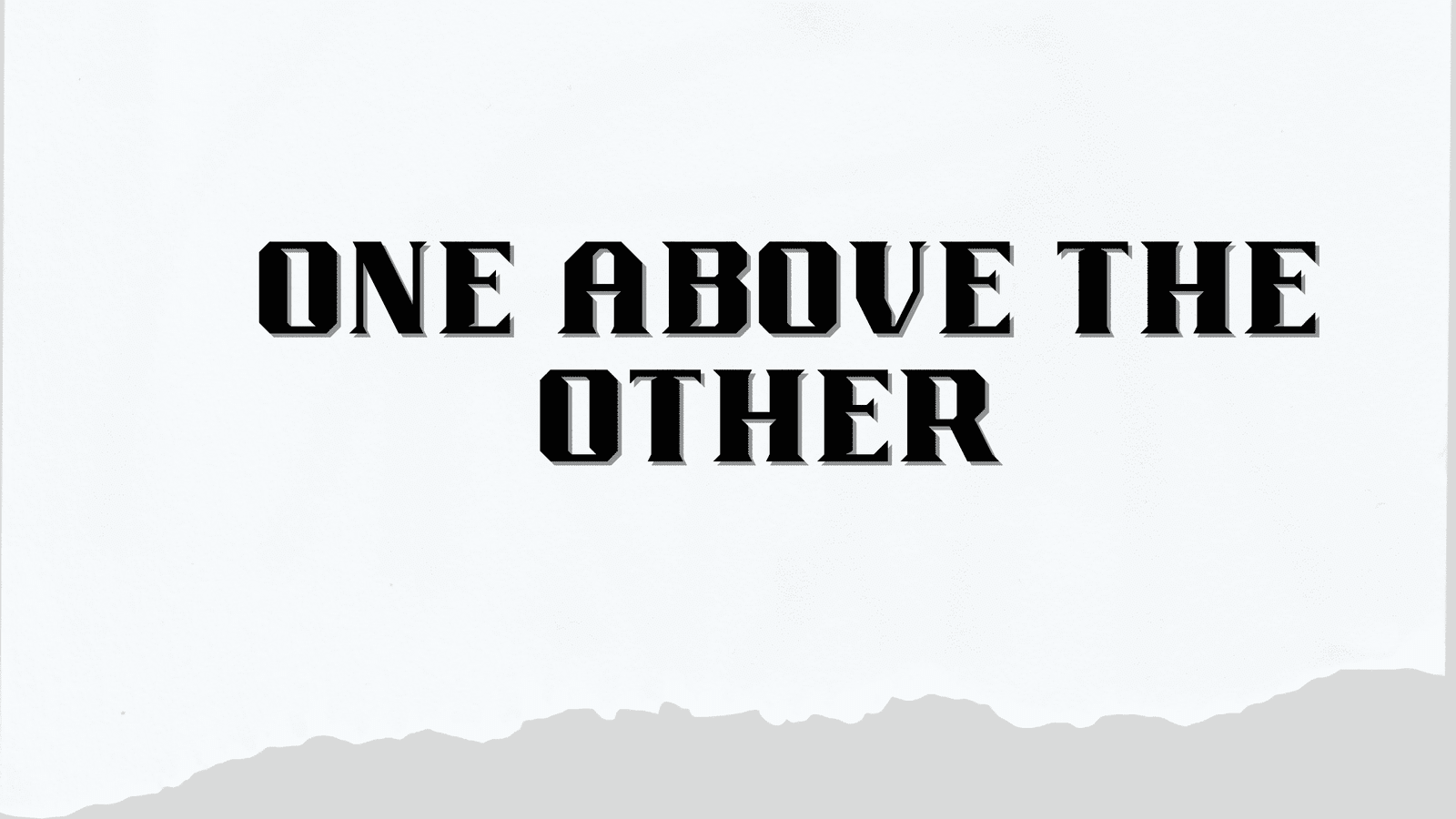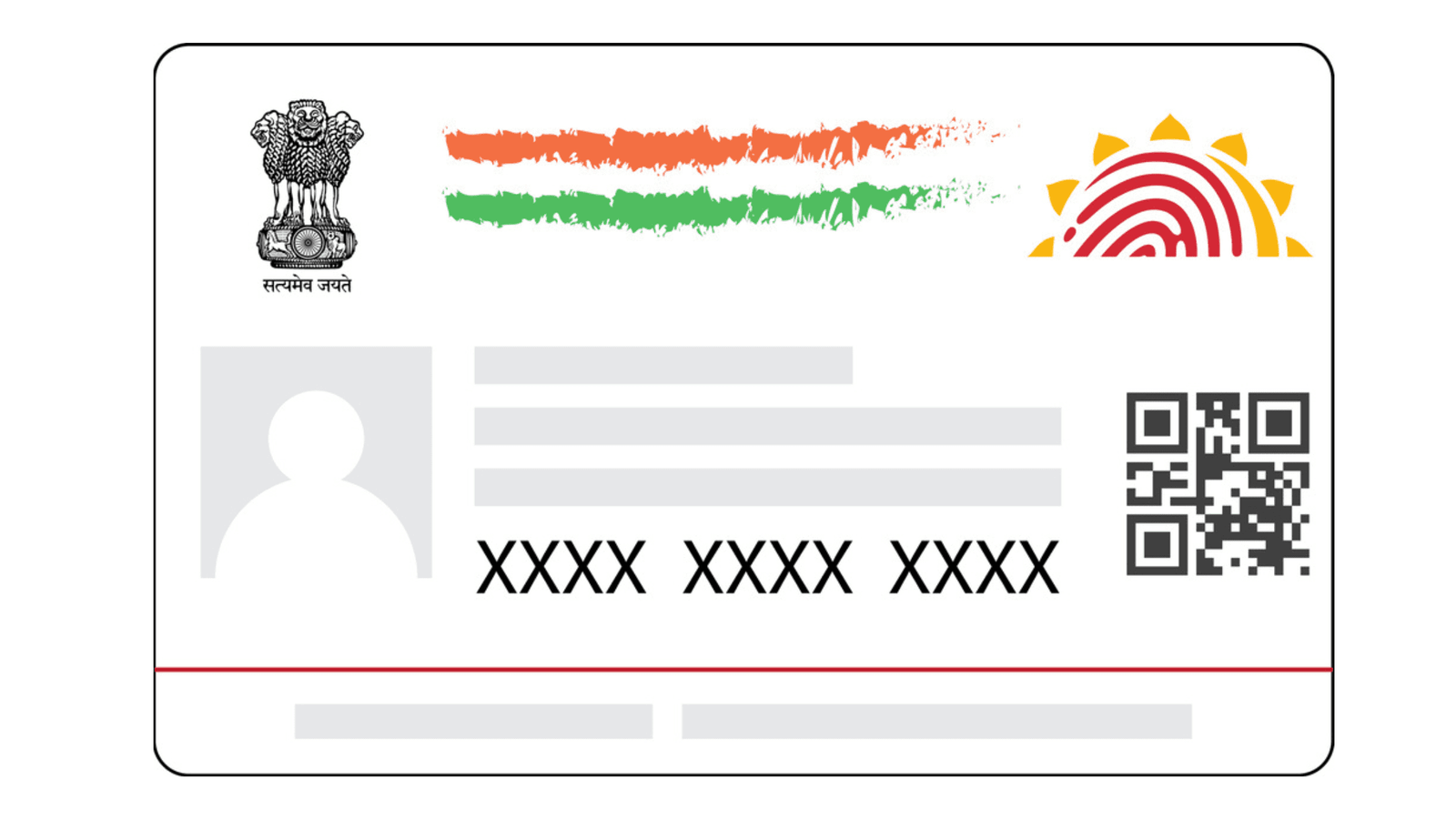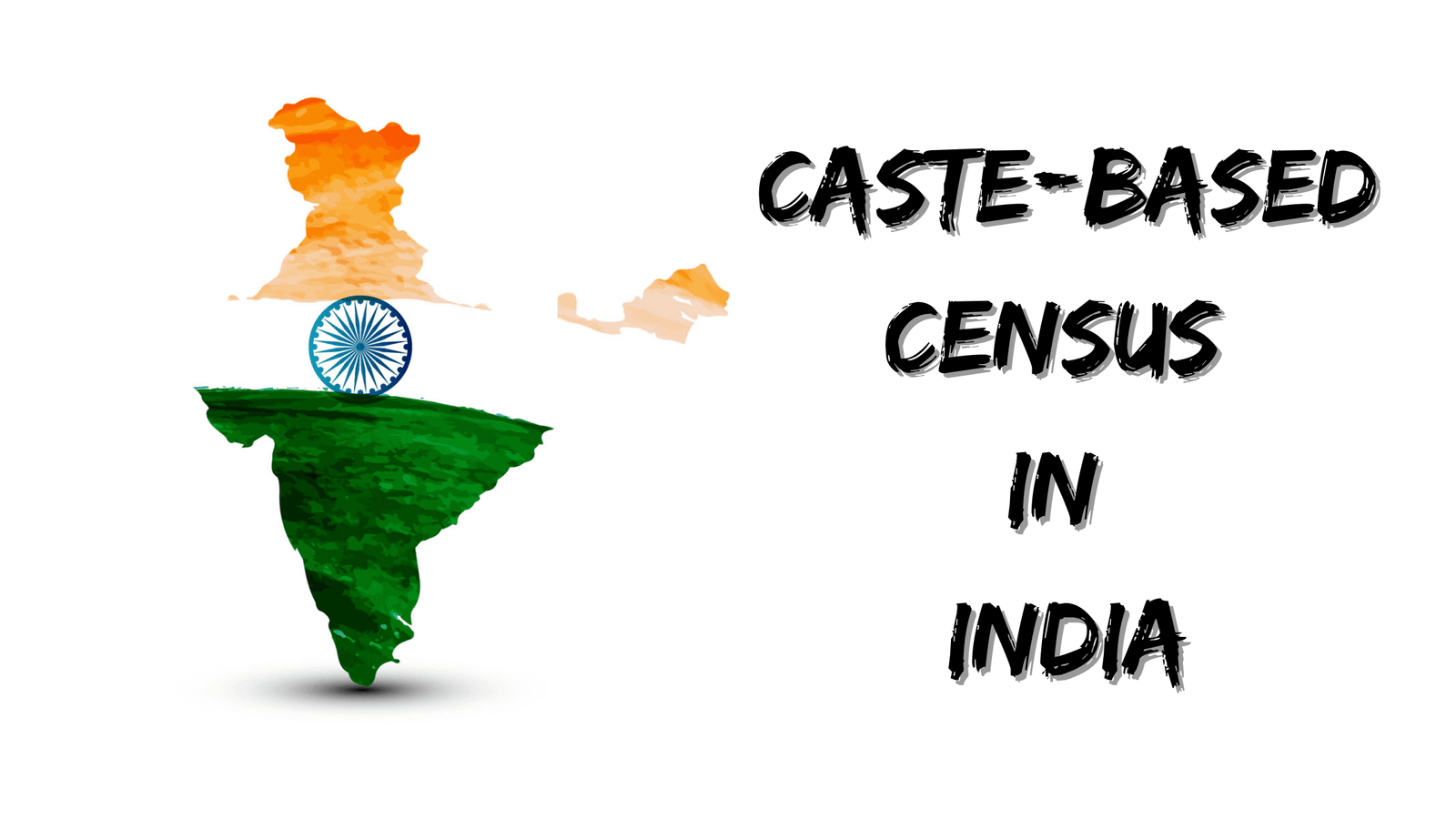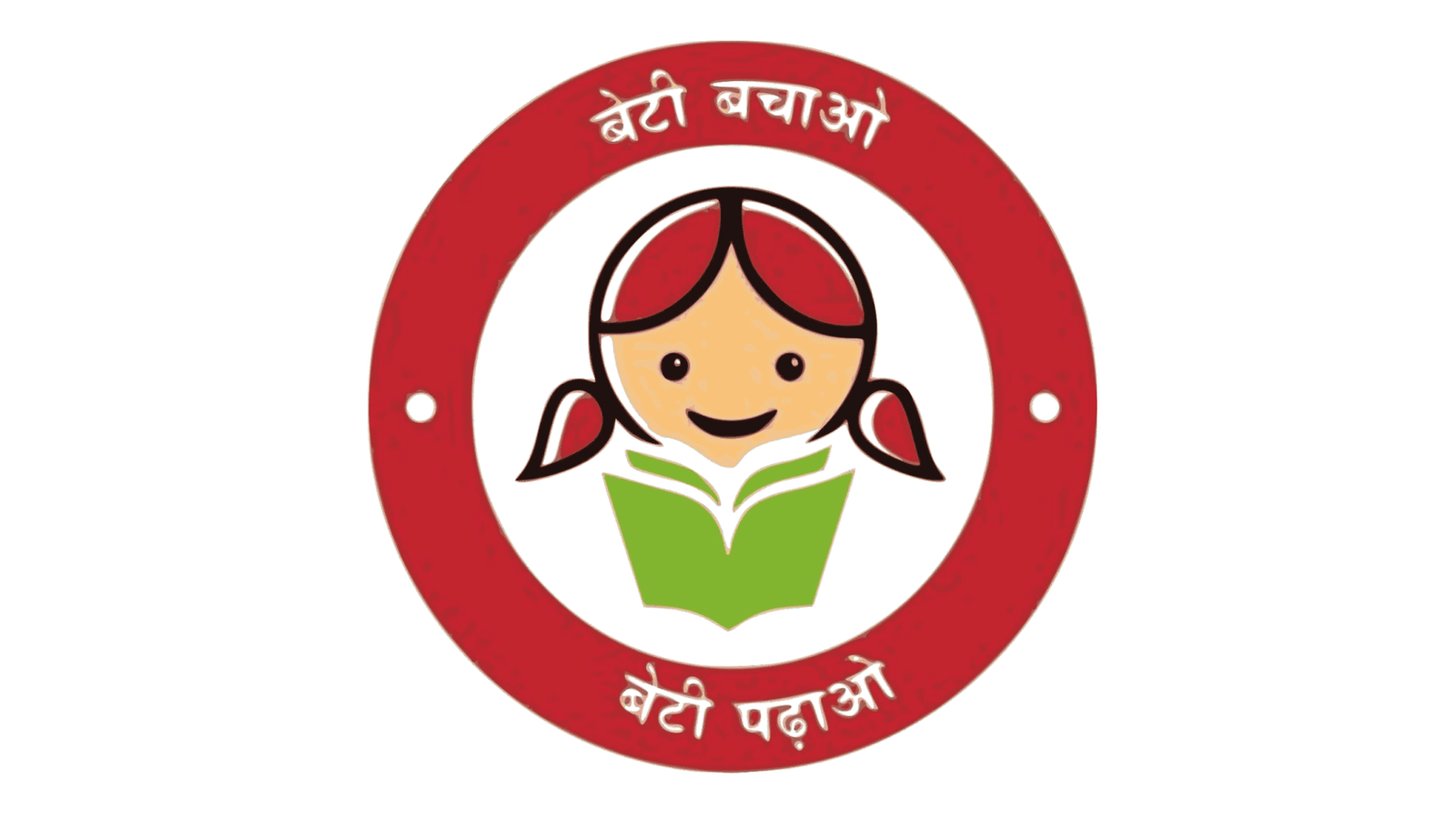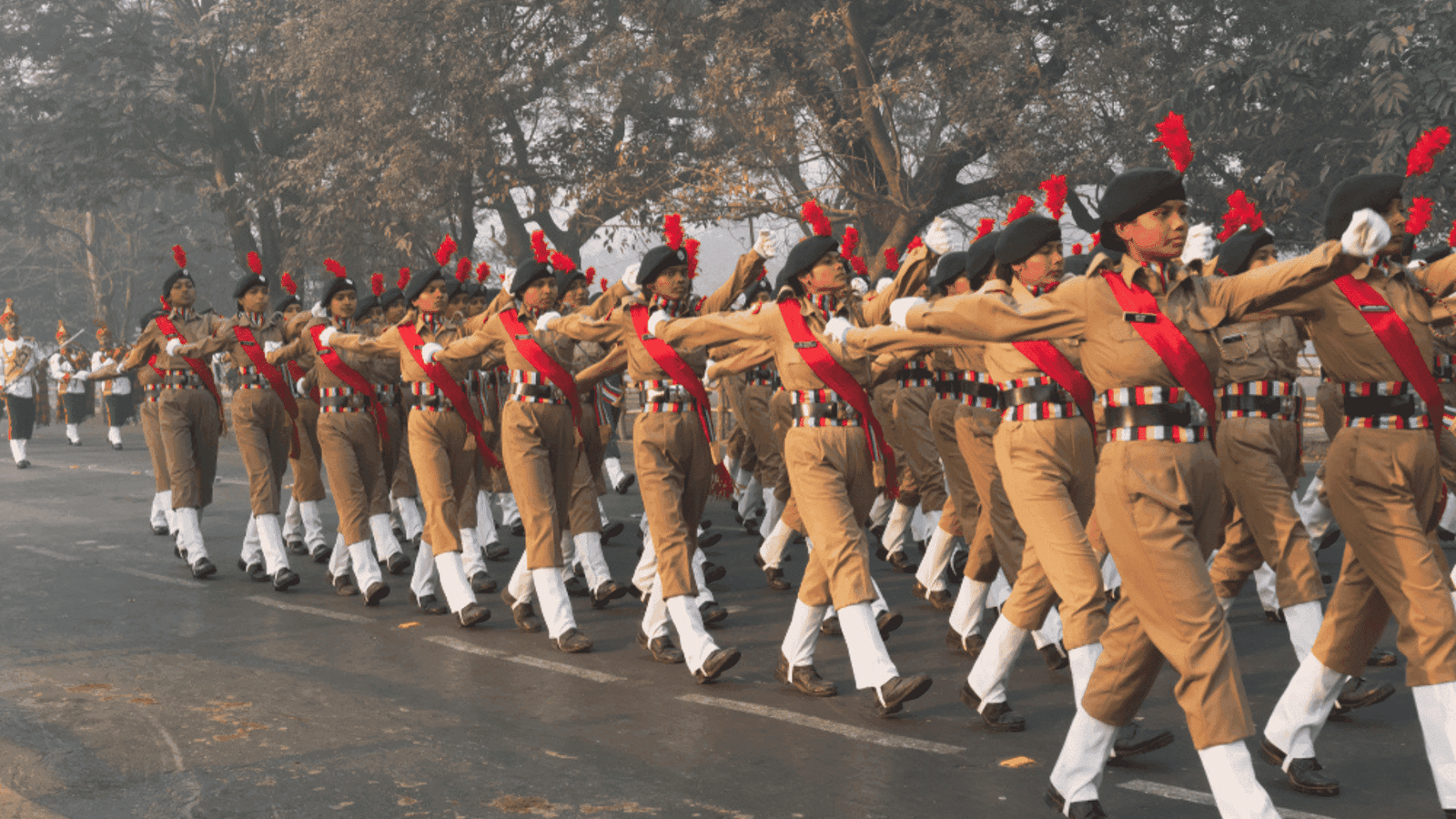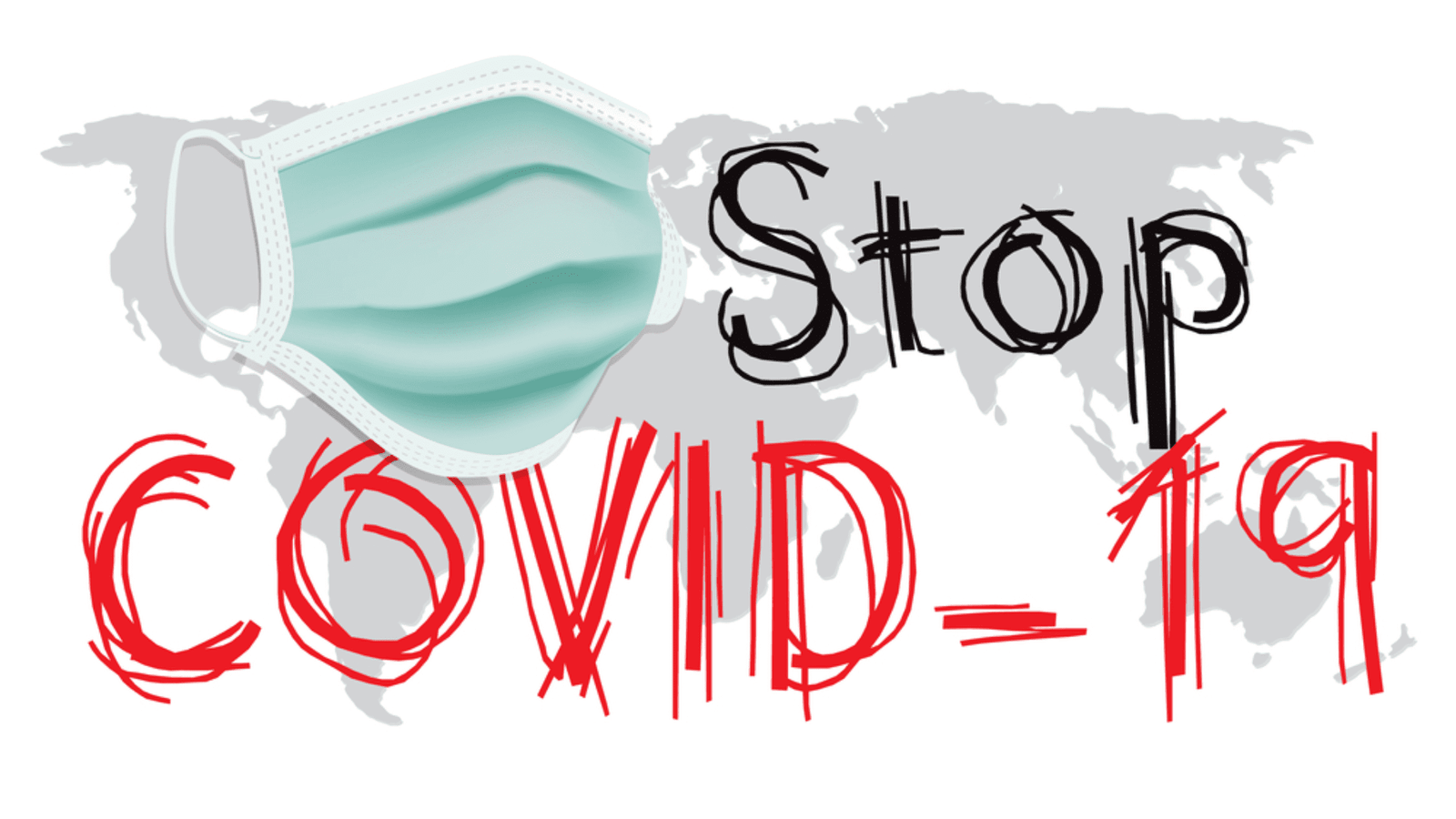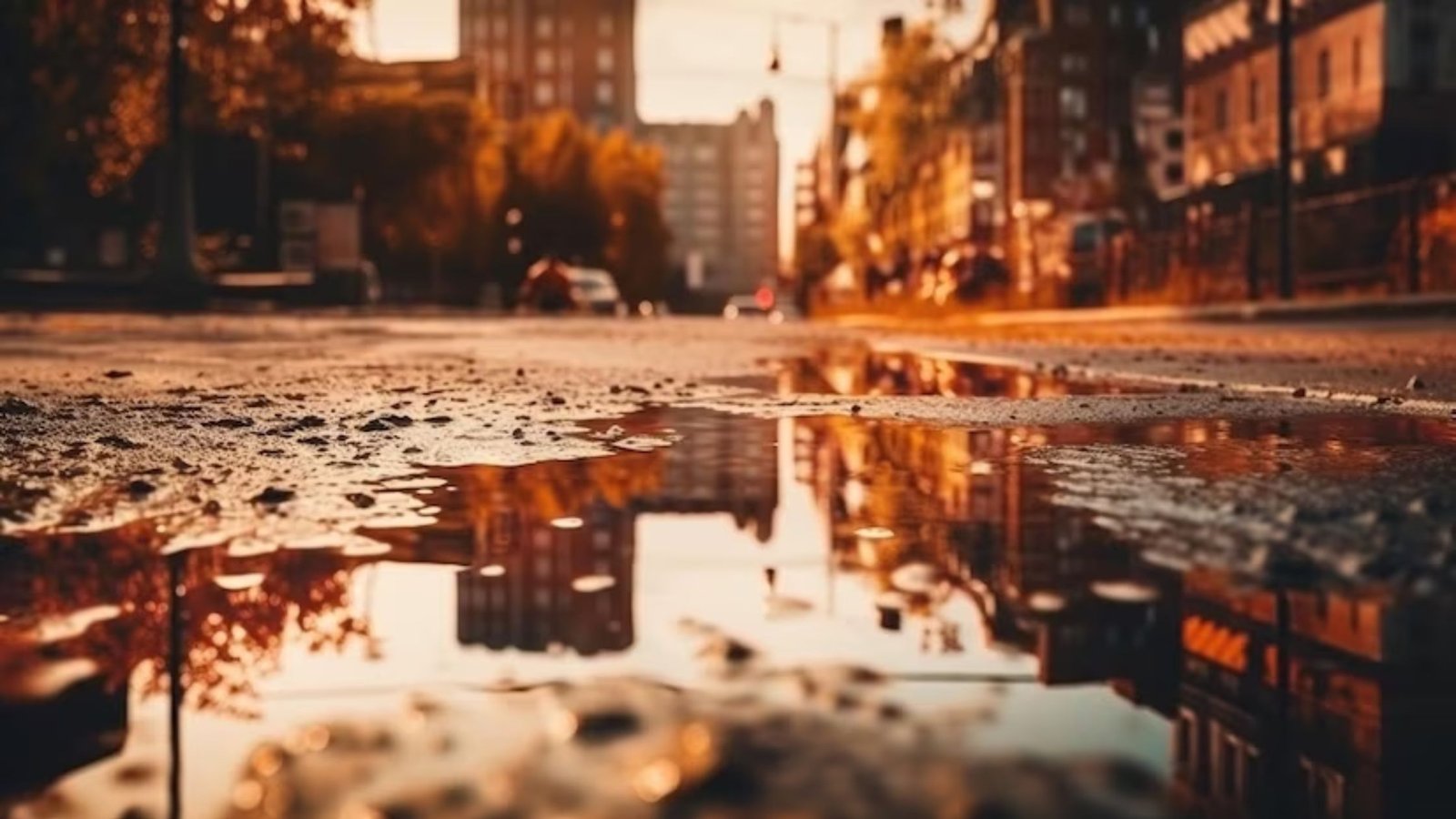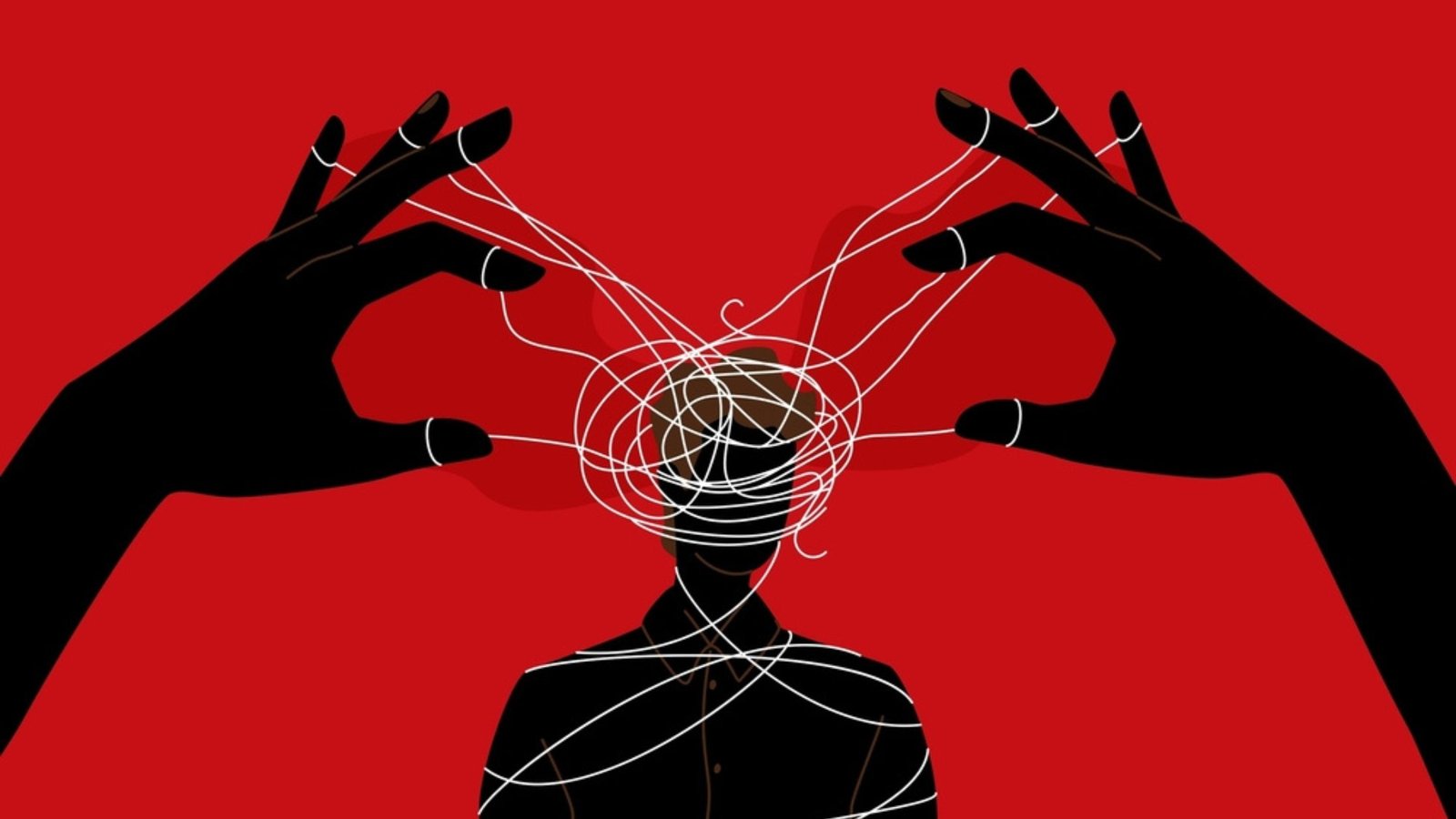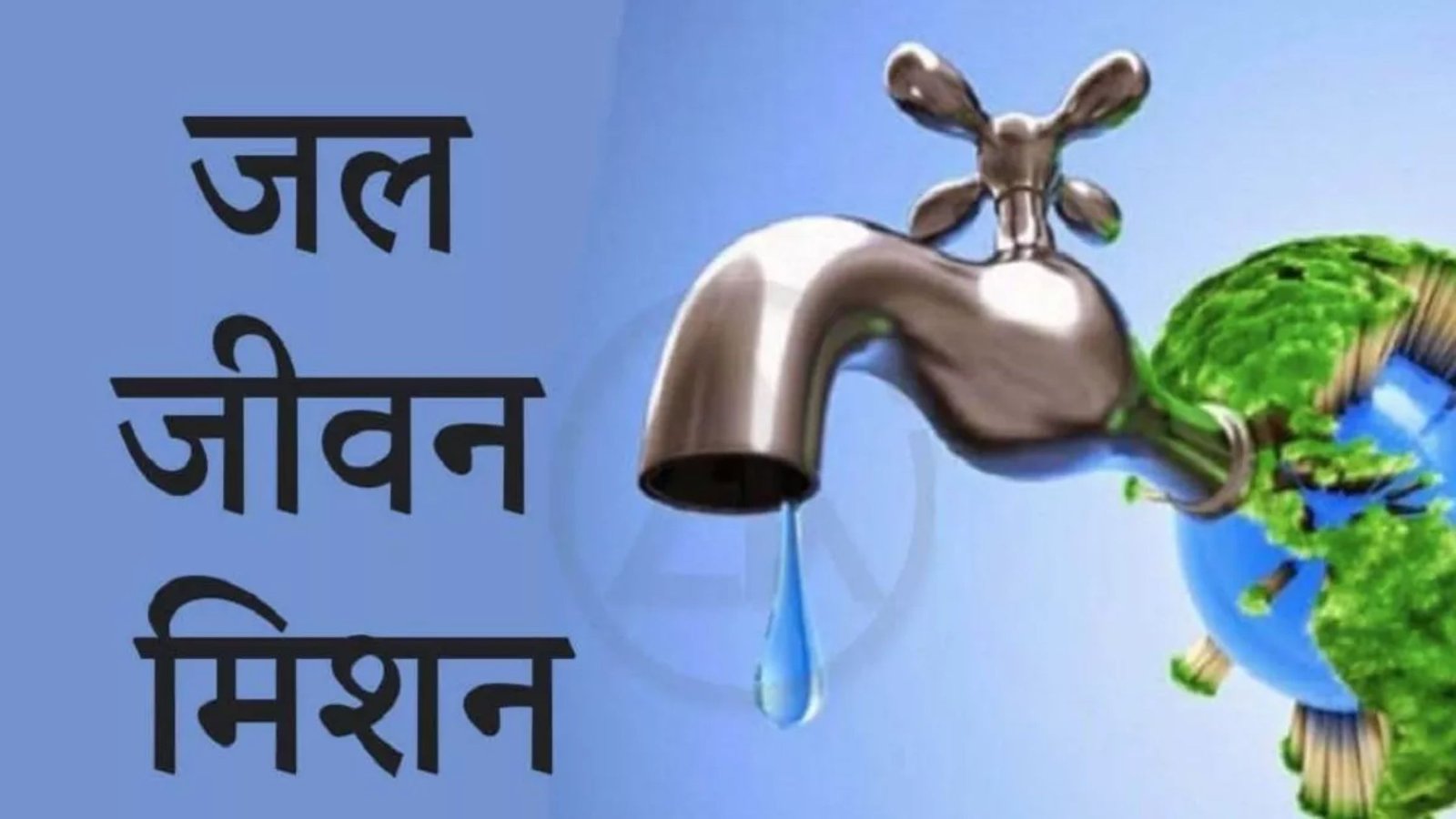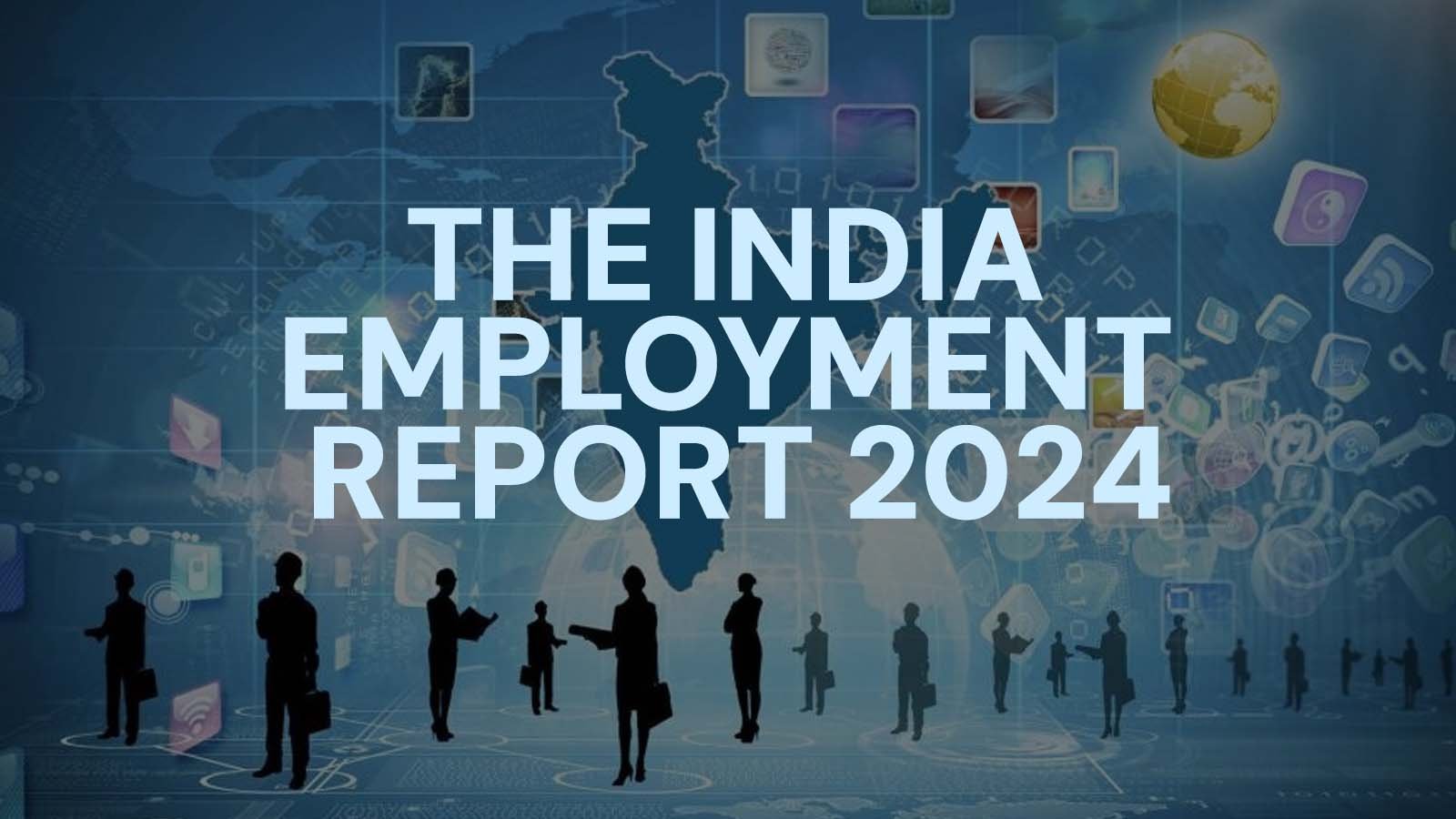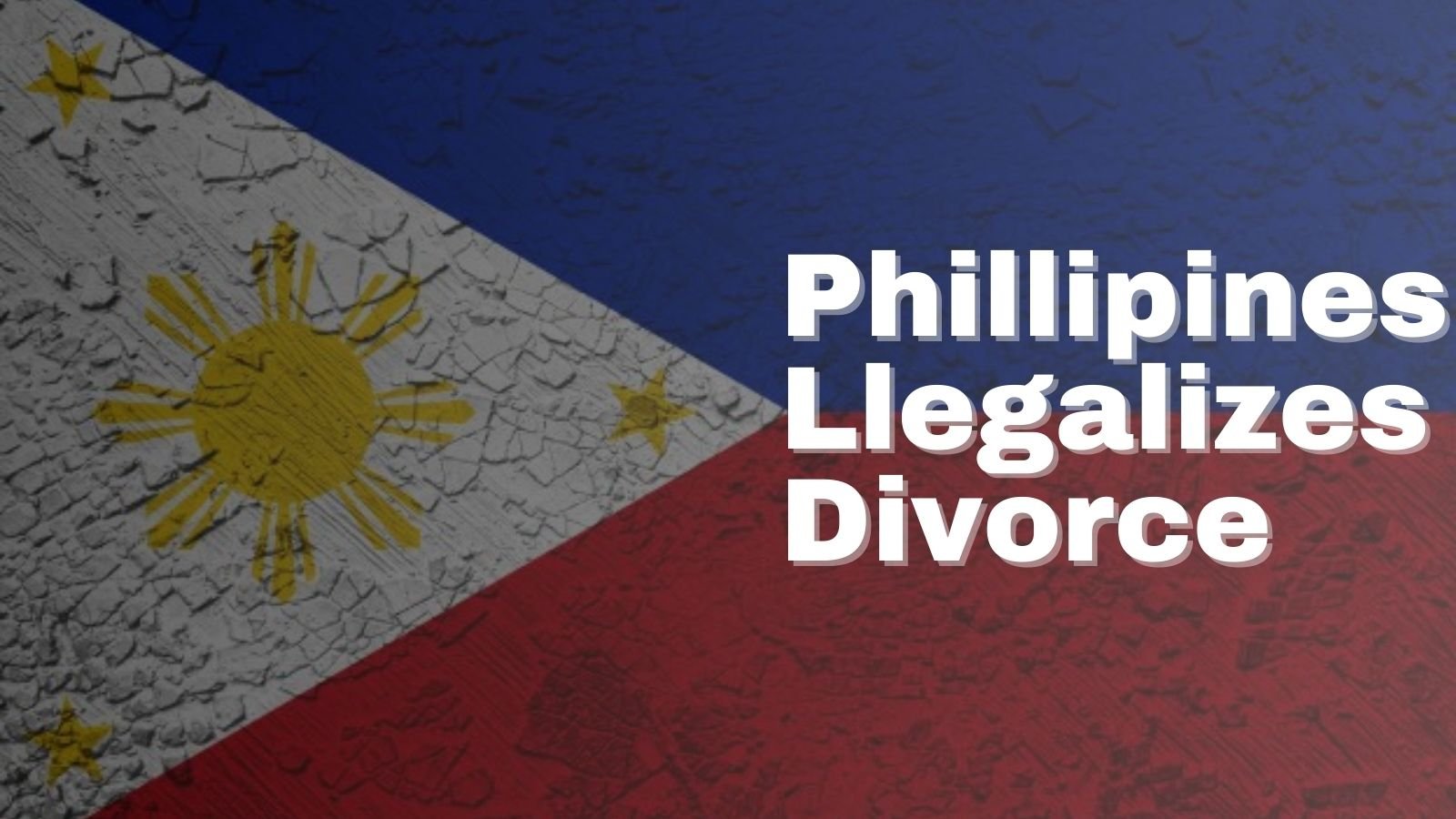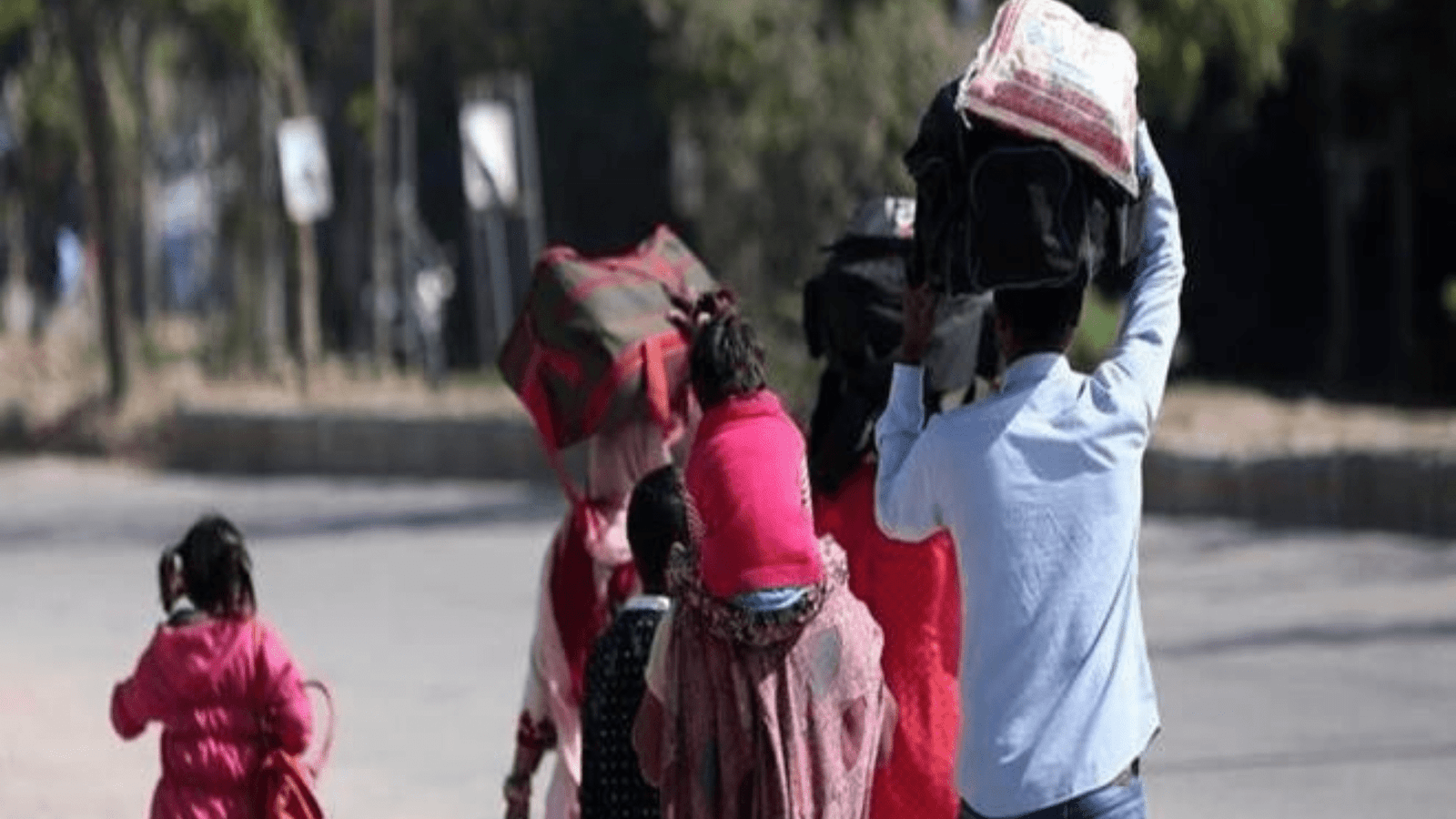
We in India worry a lot about the possible mis-steps that can happen in the implementation of large-scale transfers; the money (or the food ) may end up in the wrong hands, some intermediary may get rich at the expense of the taxpayer. In some ways, this is a welcome shift from the see-no-evil optimism that gave us government-run hotels and “luxury” river cruises. But in times like these, amidst the pandemic and the global economic crisis, with the nation in lockdown and with lives and livelihoods at stake, it is the wrong set of concerns.
As it becomes clear that the lockdown will go on for quite a while, in a total or a more localized version, the biggest worry right now, by far, is that a huge number of people will be pushed into dire poverty or even starvation by the combination of the loss of their livelihoods and interruptions in the standard delivery mechanisms. That is a tragedy in itself and, moreover, opens up the risk that we see large-scale defiance of lockdown orders — starving people, after all, have little to lose. We need to do what it takes to reassure people that the society does care and that their minimum well-being should be secure.
We have the resources to do this; the stocks of food at the Food Corporation of India stood at 77 million tons in March 2020 — higher than ever at that time of the year, and more than three times the “buffer stock norms”. This is likely to grow over the next weeks as the Rabi crop comes in. The government, recognizing the disruptions to the agricultural markets from the lockdown, is more than usually active in buying the stocks that the farmers need to get rid of. Giving away some of the existing stock, at a time of national emergency, makes perfect sense; any sensible public accounting system should not portray it as inordinately costly.
Indeed the government already has shown a willingness to use the stocks — it has offered a supplementary PDS provision of 5 kg/person/month for the coming three months. However,it is quite likely that three months will not be enough, since even if the lockdown ends soon, the process of reopening the economy will take time. More importantly, a substantial fraction of the poor are excluded from the PDS rolls, for one reason or another (such as identification barriers to get a ration card that turn out to be hard to overcome), and this supplementary provision only applies to those who are already on it. For example, even in the small state of Jharkhand, there are, we are told, 7 lakh pending applications for ration cards. There is also evidence that there are a lot of bona fide applications (for example of old-age pensioners) held up in the verification process, partly because the responsible local authorities try to avoid letting anybody in by mistake to avoid any appearance of malfeasance.
Such punctiliousness has its merits, but not in the middle of a crisis. The correct response is to issue temporary ration cards — perhaps for six months — with minimal checks to everyone who wants one and is willing to stand in line to collect their card and their monthly allocations. The cost of missing many of those who are in dire need vastly exceeds the social cost of letting in some who could perhaps do without it.
This principle, once recognized, has a number of important implications. First, the government should use every means at its disposal to make sure that no one is starving. This means expanding the PDS, as discussed, but it also means setting up public canteens for migrants and others who are away from home, sending the equivalent of the school meal to the homes of the children who are now stuck at home (as some states are already doing), and making use of reputed local NGOs that often have a reach among the most marginalized that exceeds that of the government.
Second, starvation is just one of the worries; the unexpected loss of income and savings can have serious consequences, even if the meals are secured for now: farmers need money to buy seeds and fertilizer for the next planting season; shopkeepers need to decide how they will fill their shelves again; many others have to worry how they would repay the loan that is already due. There is no reason why, as a society, we should ignore these concerns.
The government has partly recognized this in the cash transfers it has promised to certain groups; but the amounts are both small and narrowly targeted. Why only farmers and not landless labourers, especially since MGNREGA is hobbled by the lockdown? And help needs to be extended to the urban poor. Once again, the priority should be to err on the side of being inclusive. P Chidambaram’s idea of using the MGNREGA rolls from 2019, plus those covered by Jan Arogya and Ujjwala to identify the poor households and to send them 5000 rupees each to their Jan Dhan accounts, seems like a good first step. But we must recognize that none of these lists are perfect and moreover the recent work of Rohini Pande, Karthik Muralidharan and others have exposed the many gaps in the JAM infrastructure in terms of reaching the very poor. Therefore, as a part of the commitment to not miss the needy, there has to be funding available that state and local governments can use to find effective ways to reach those who suffer from extreme deprivation.
If there was ever a challenge that requires brave and imaginative action, this has to be it. We need to spend wisely given the enormous likely demand for fiscal resources in the coming months, but skimping on helping the truly needy is the surest way to lose the plot.
